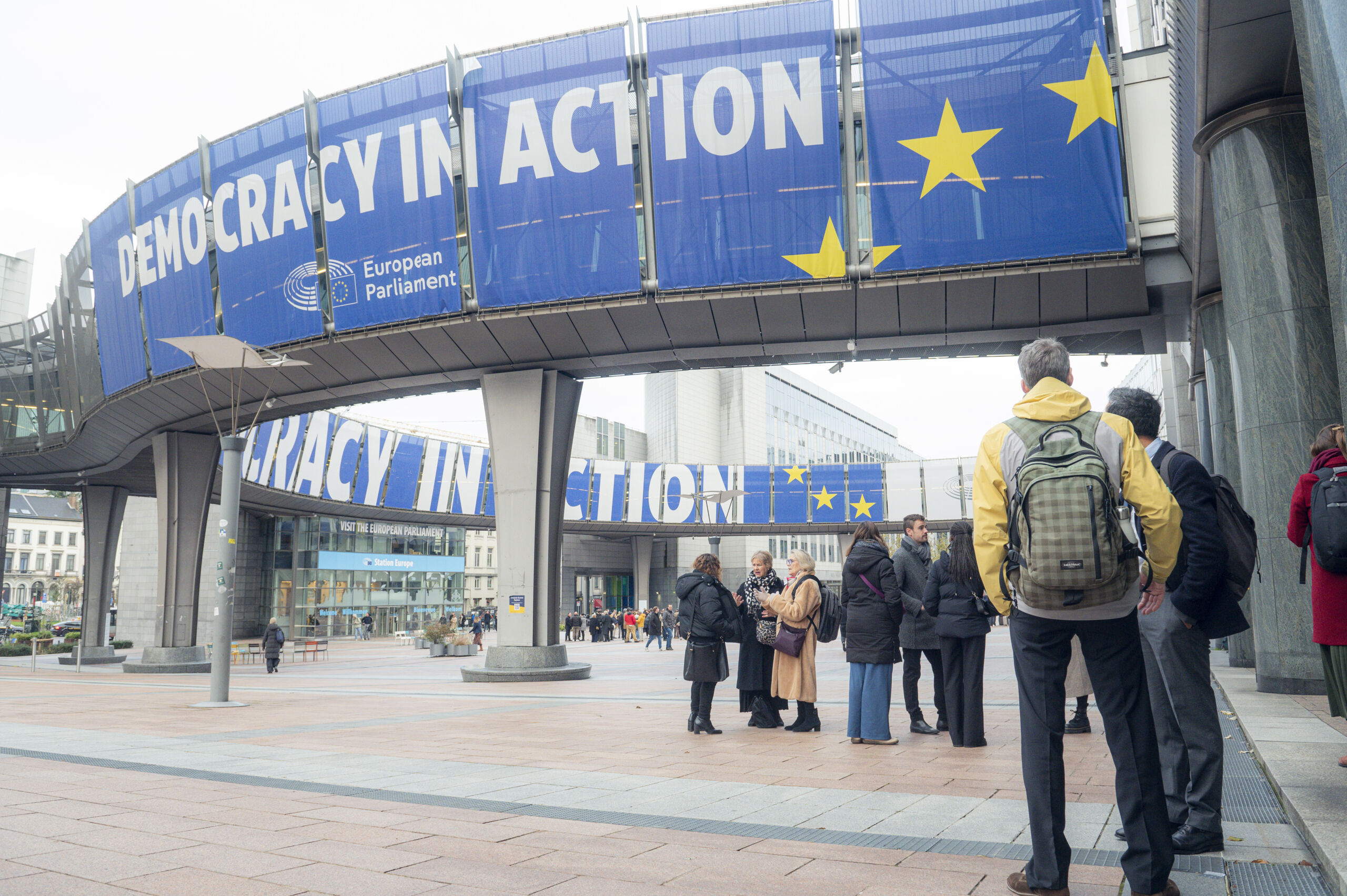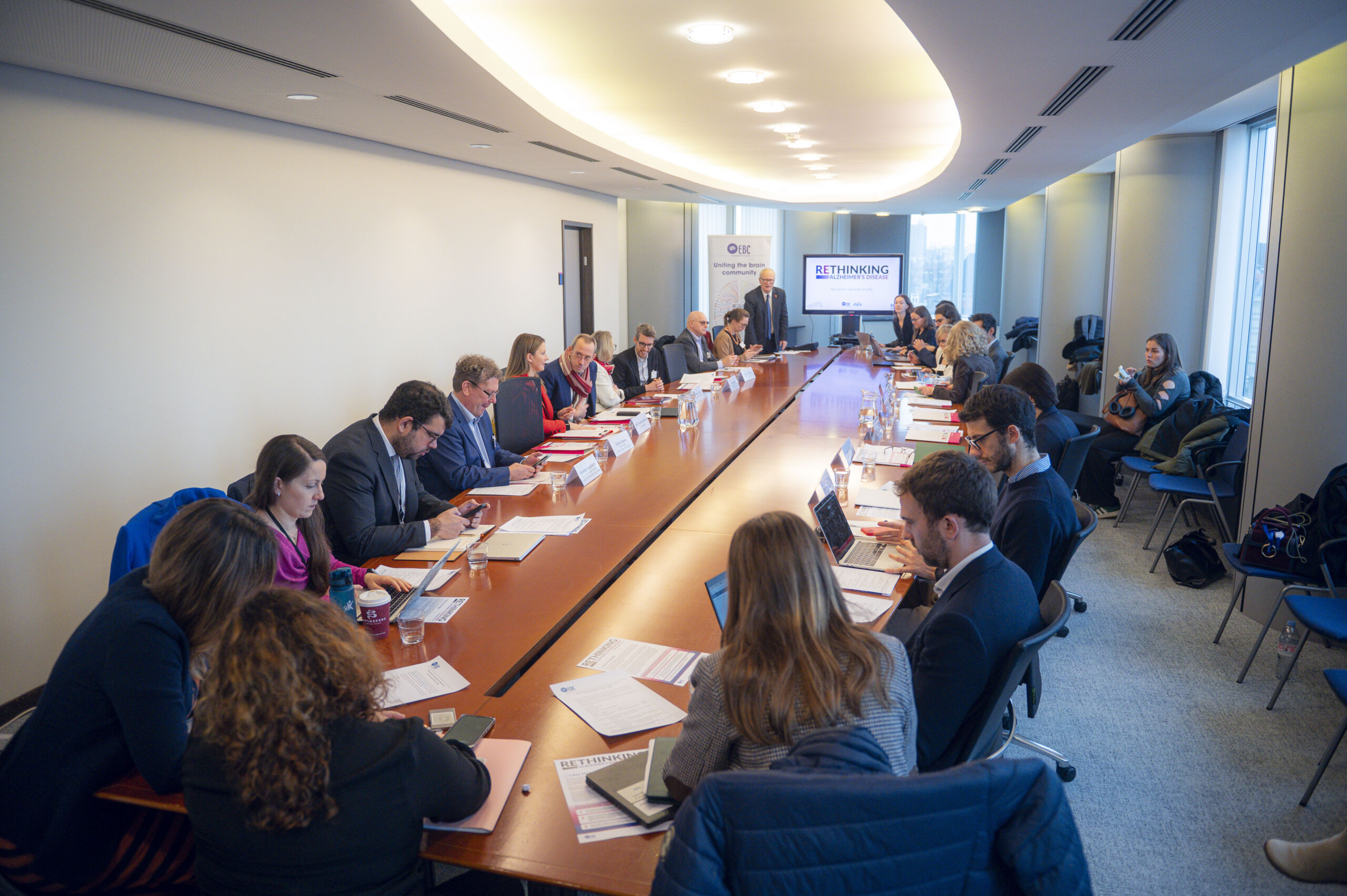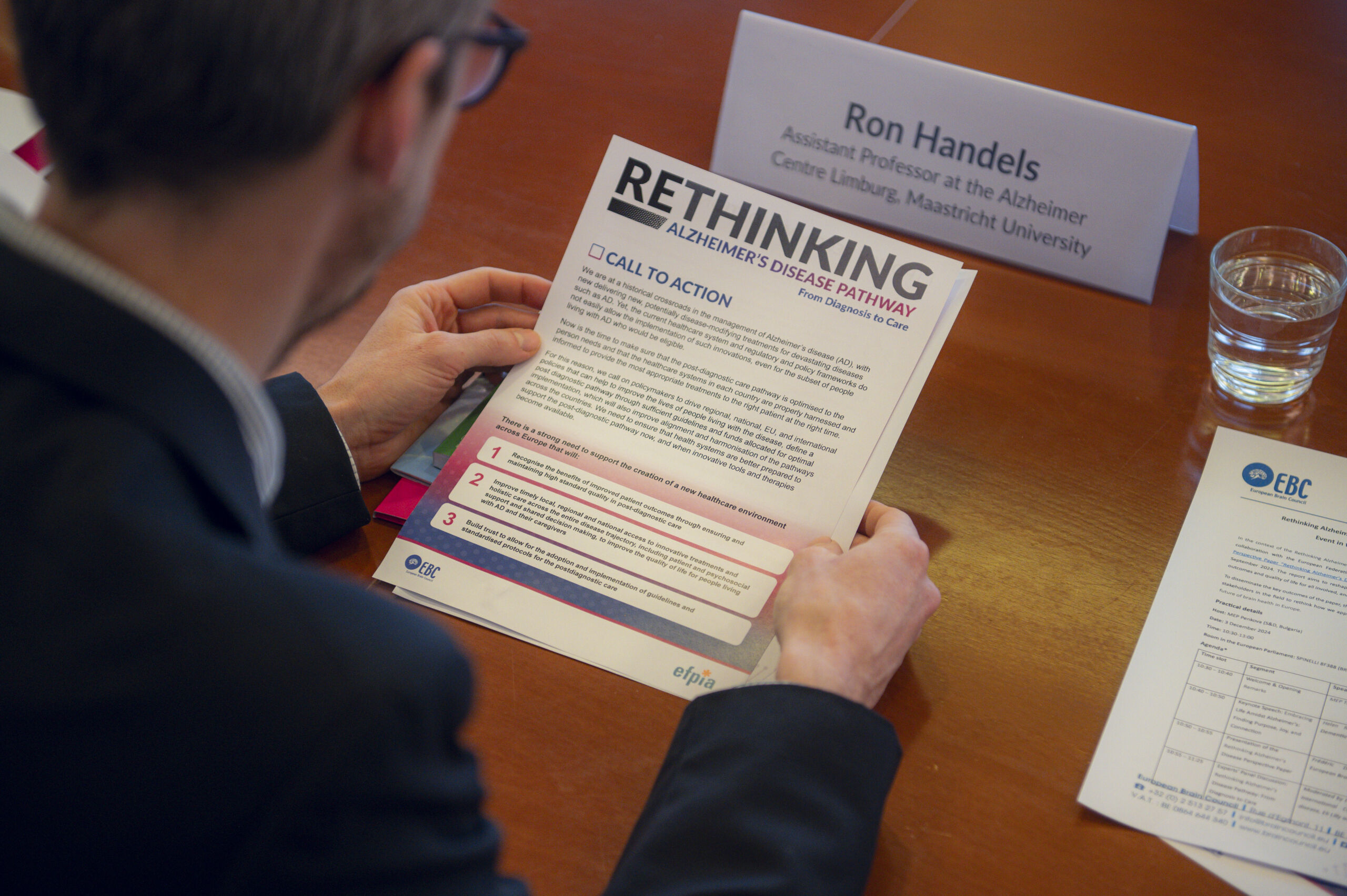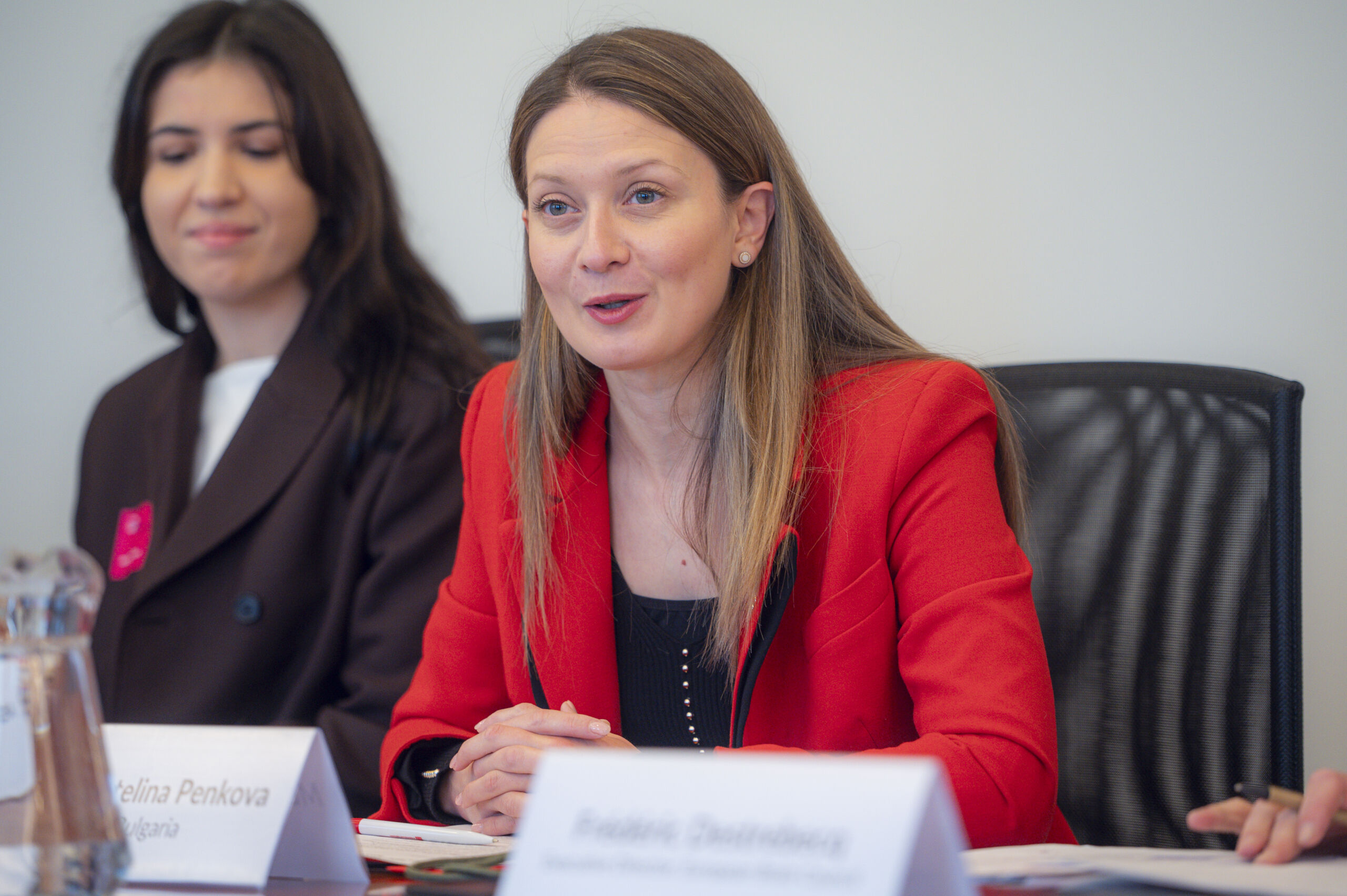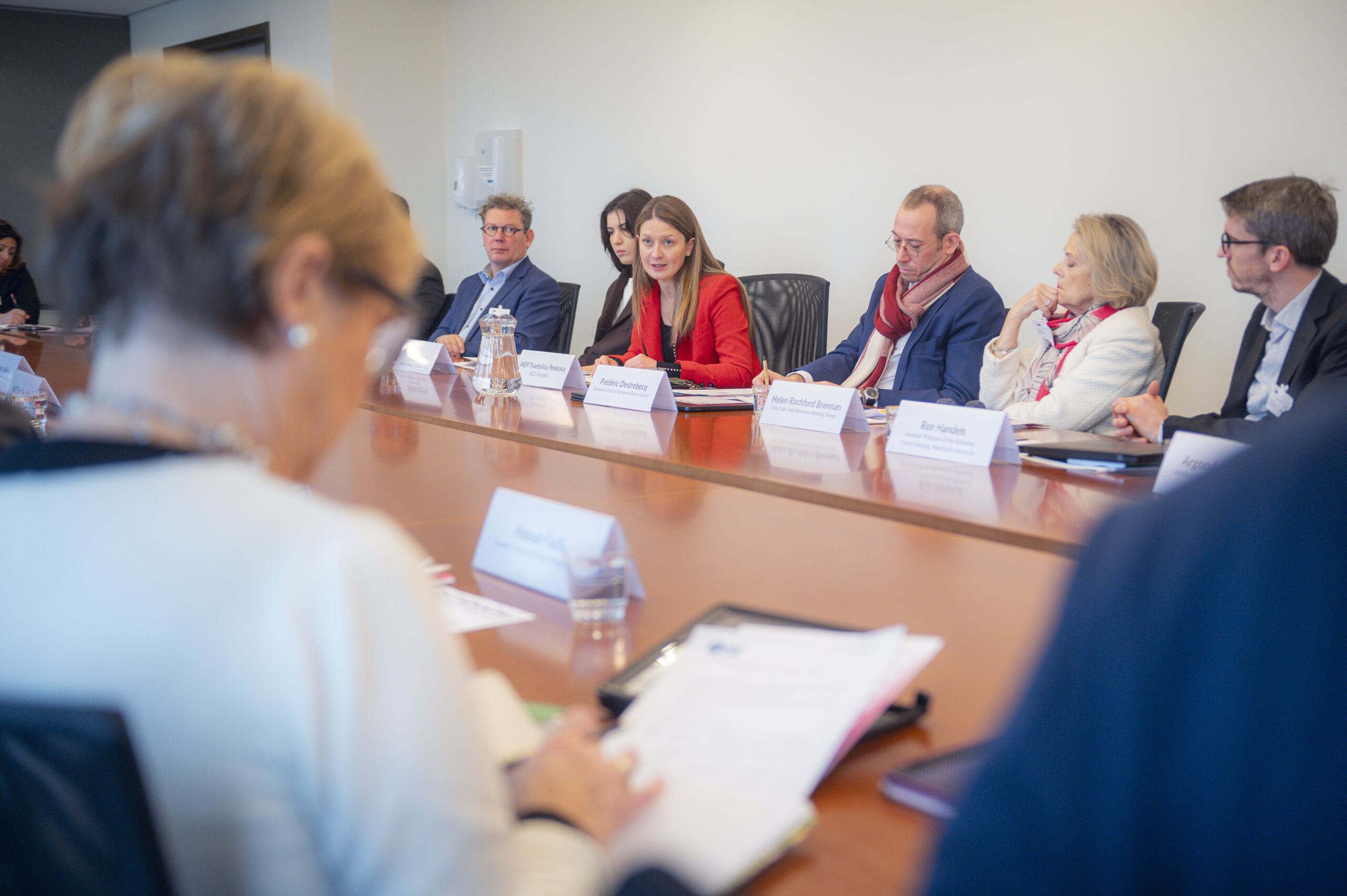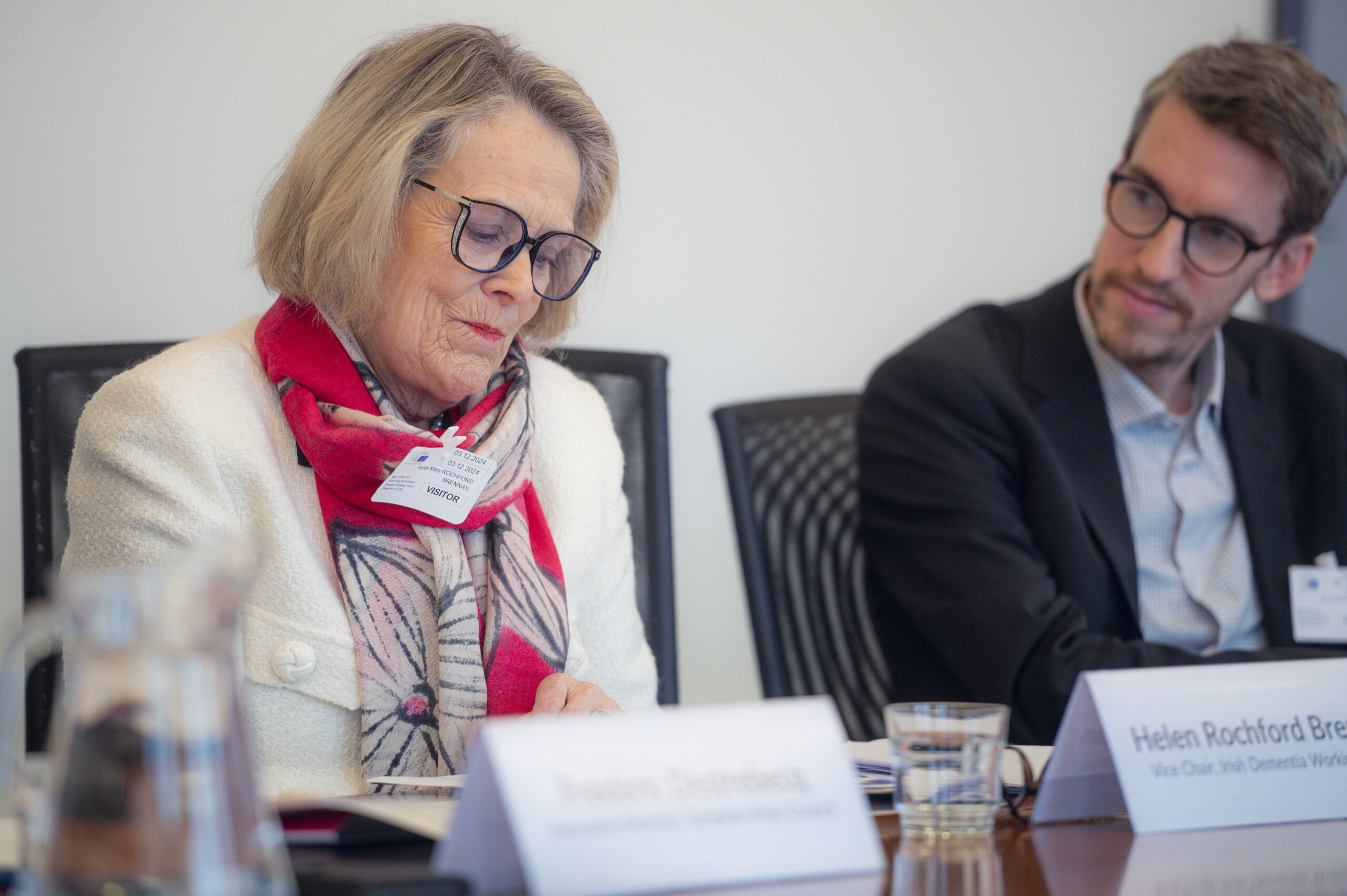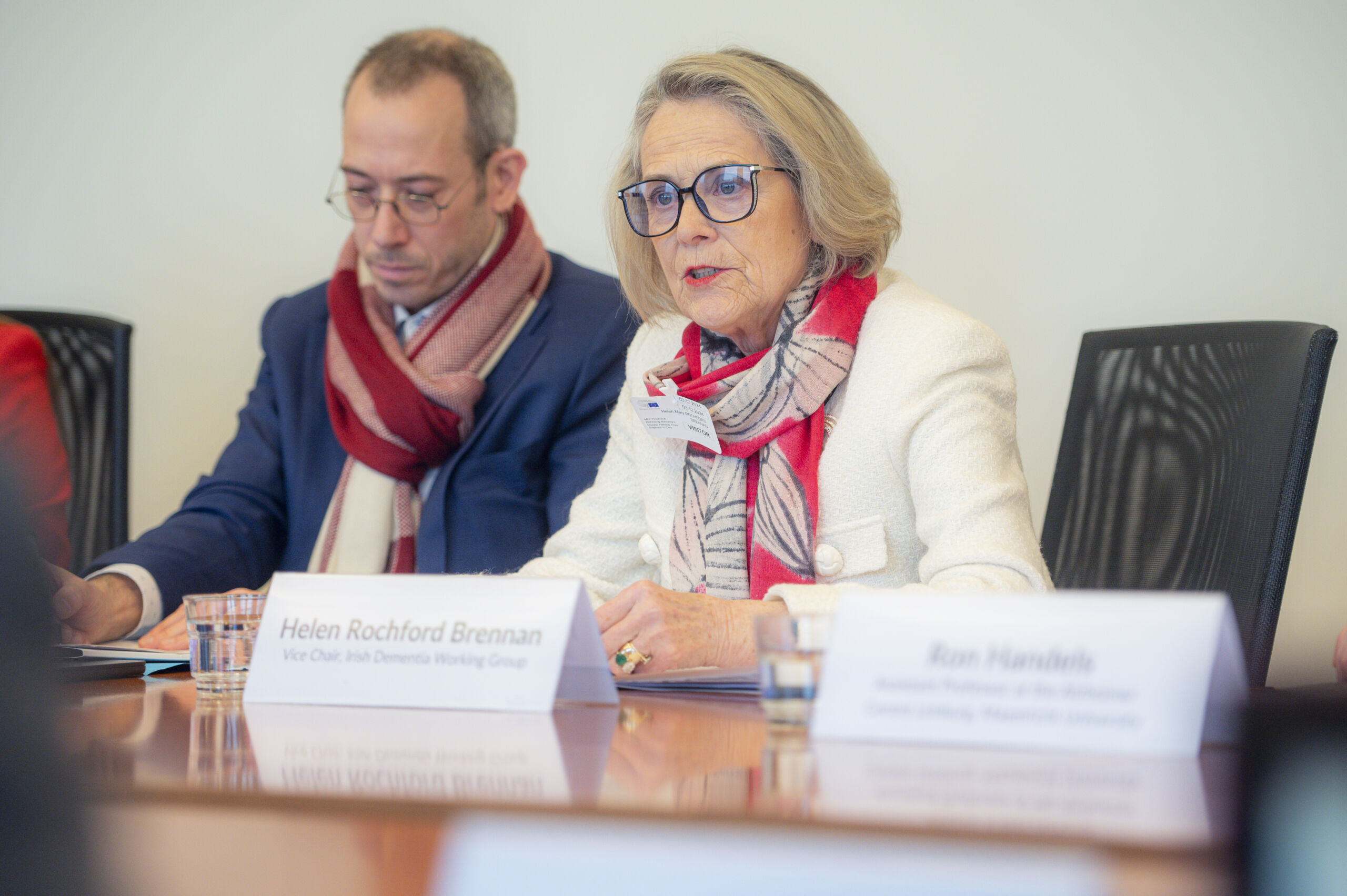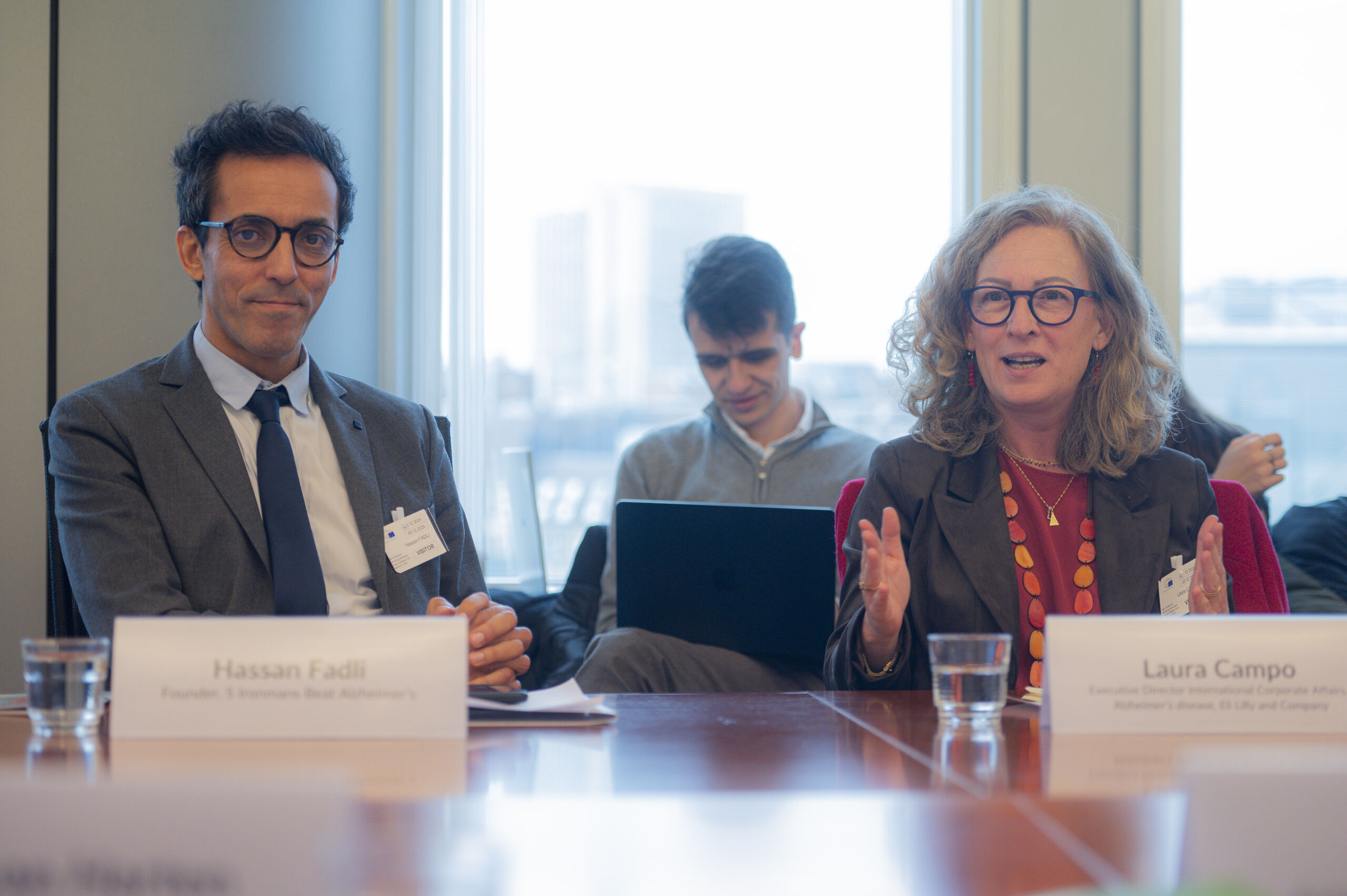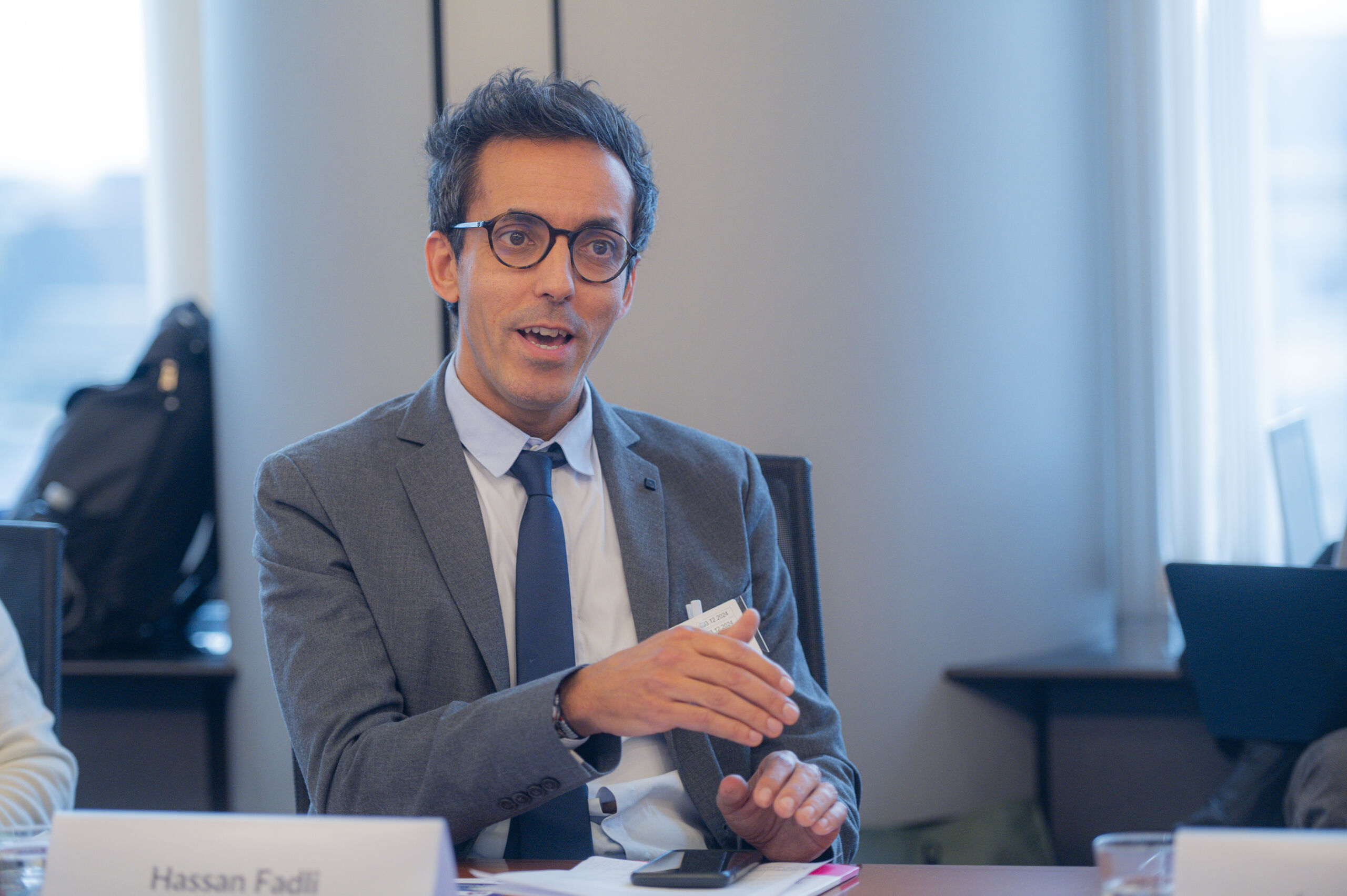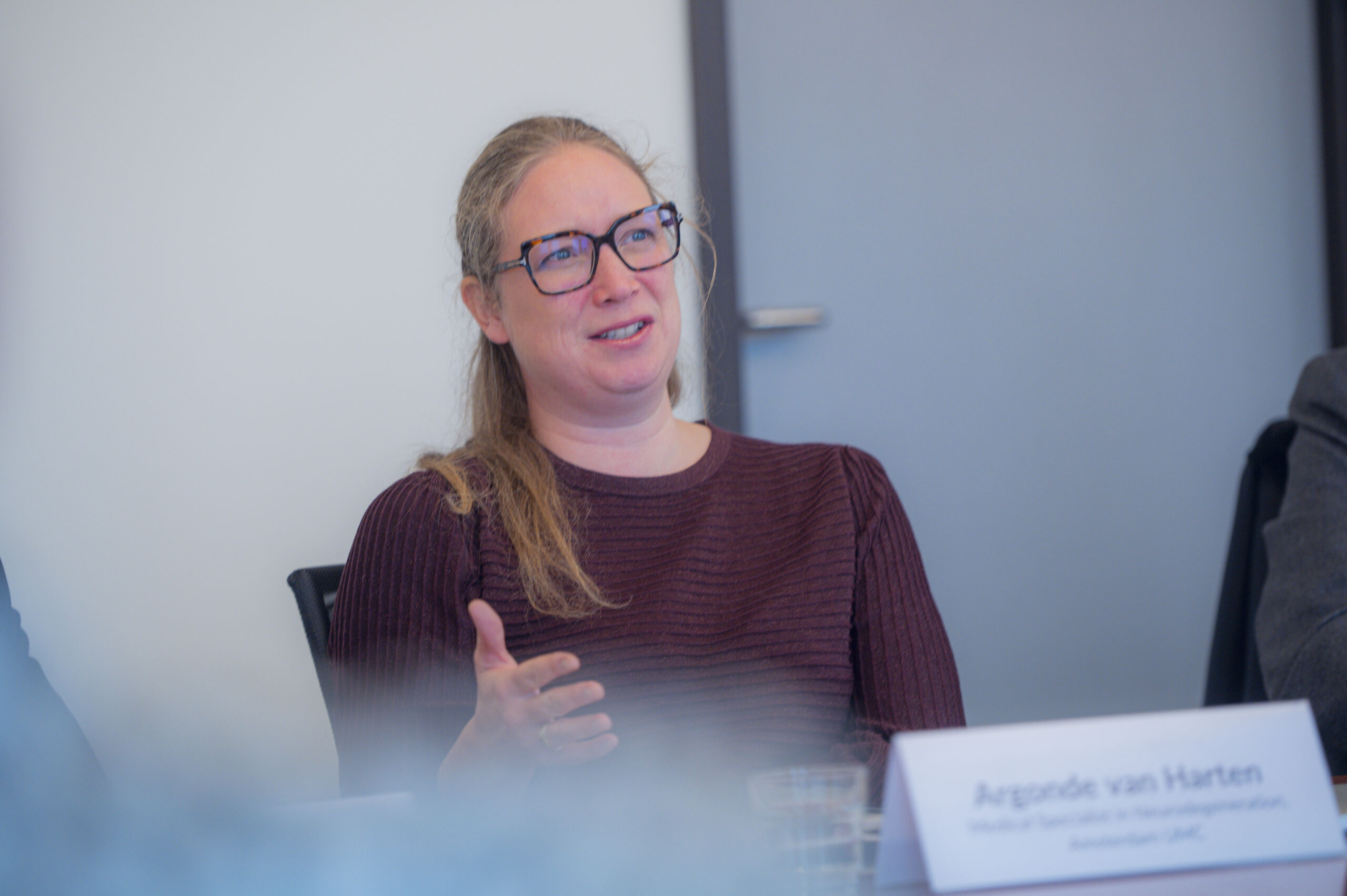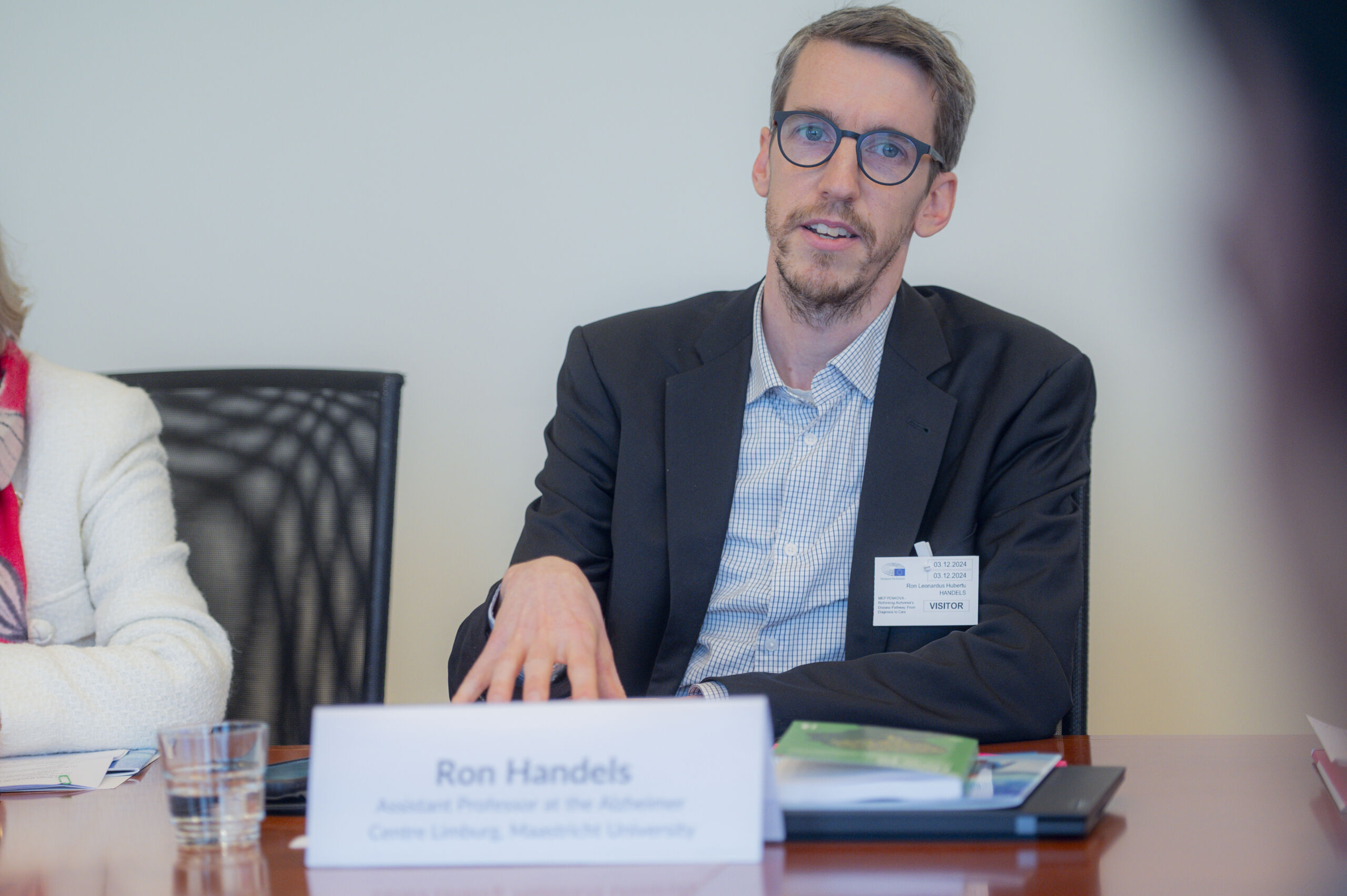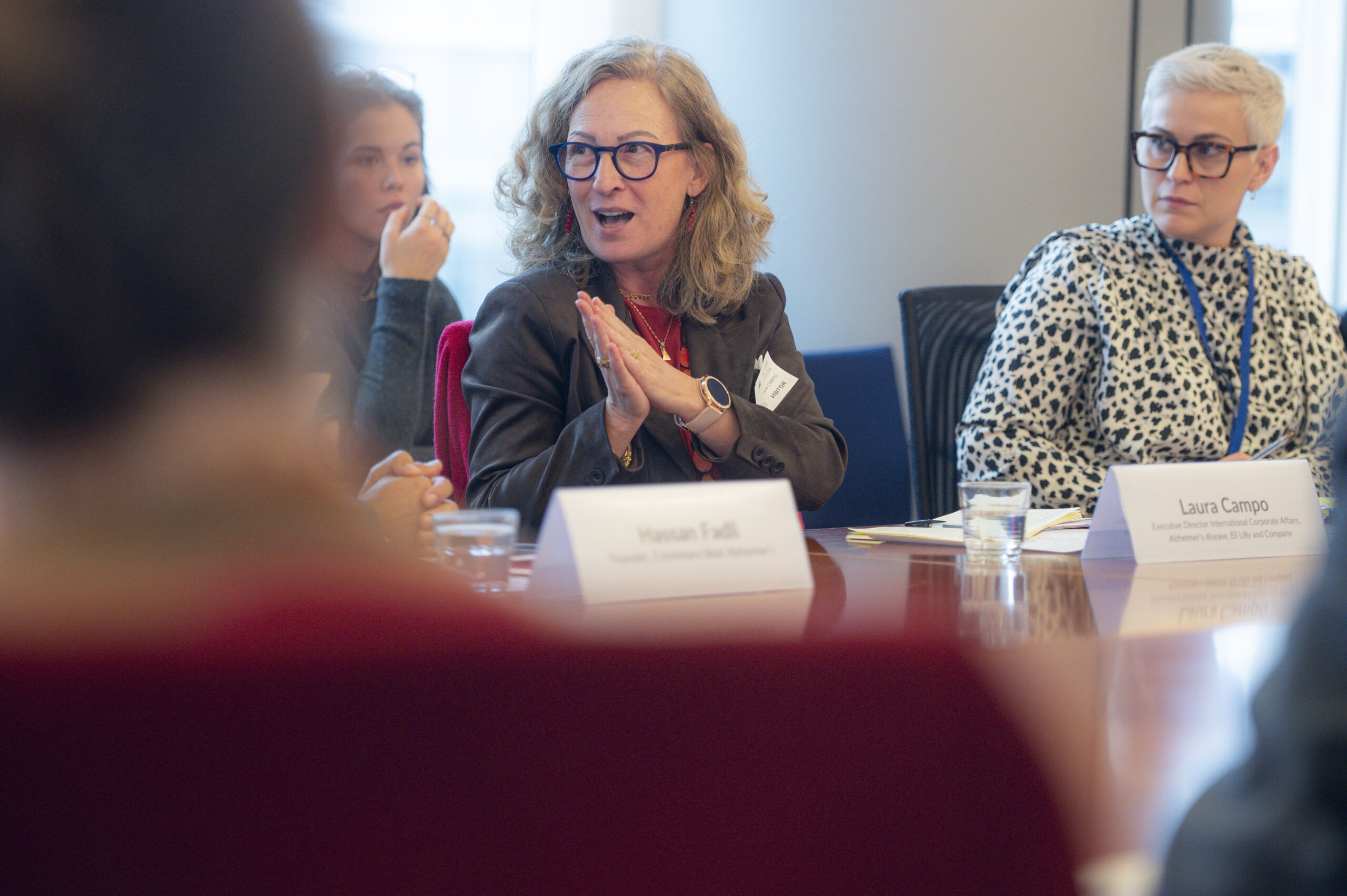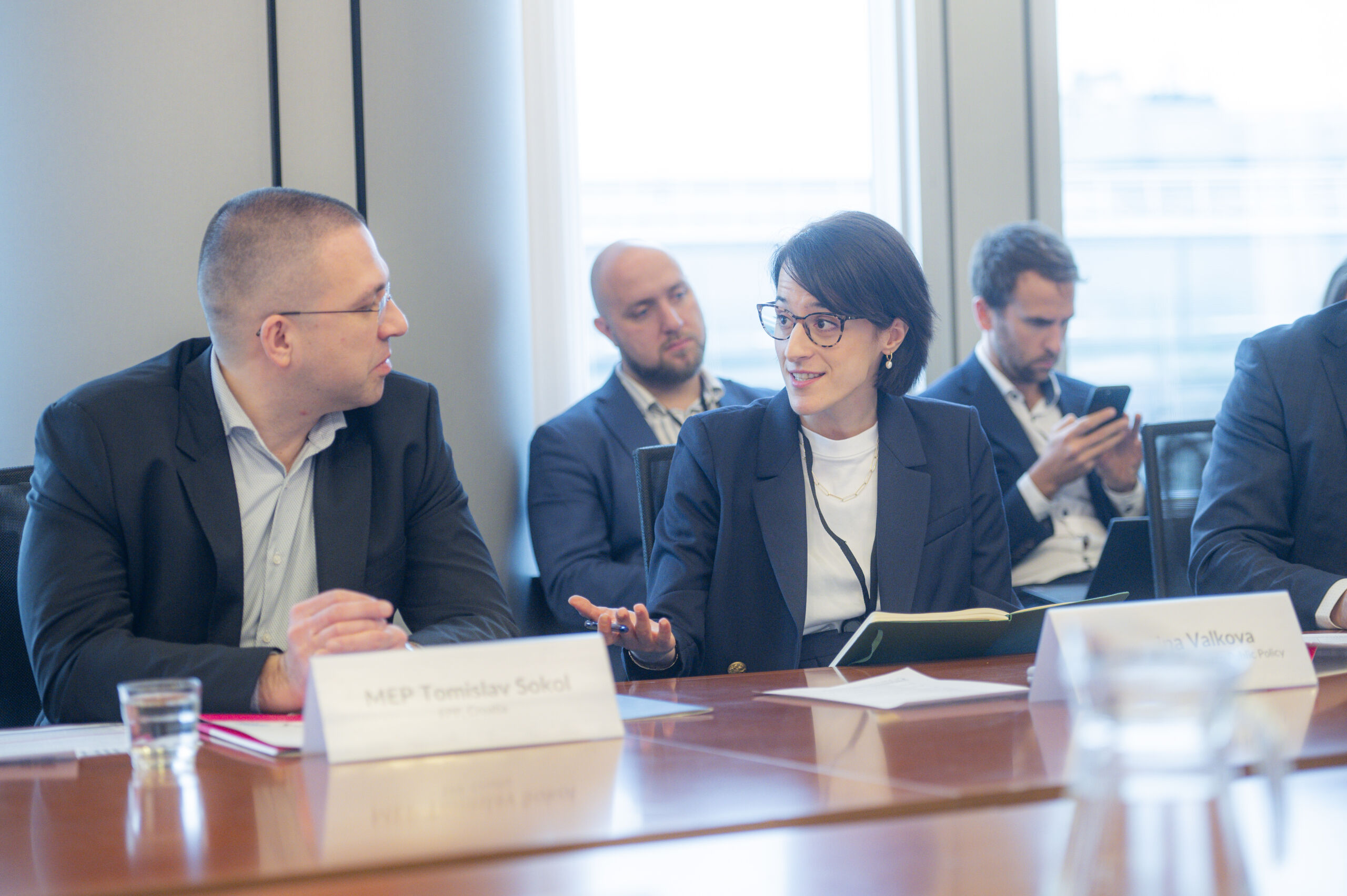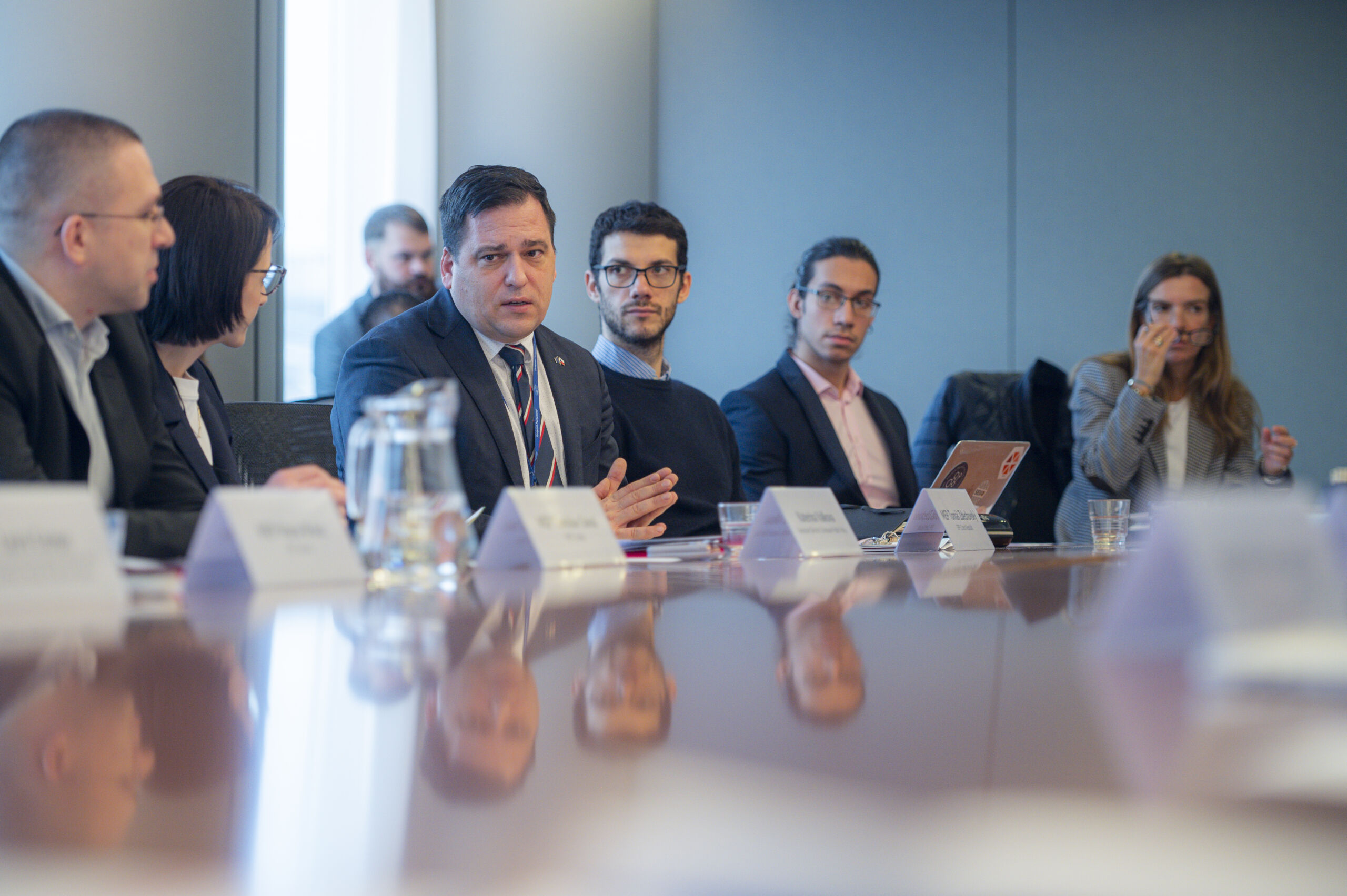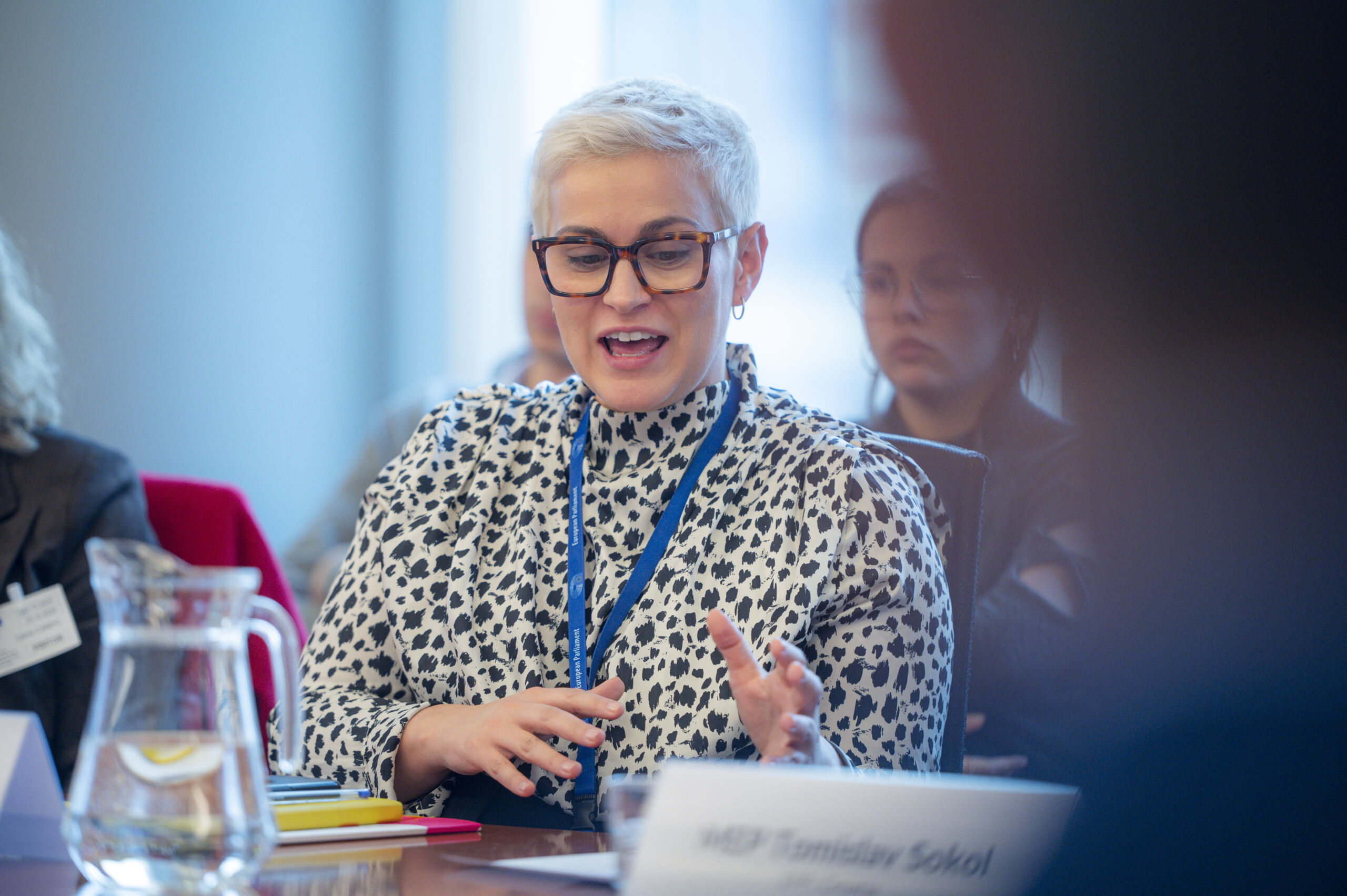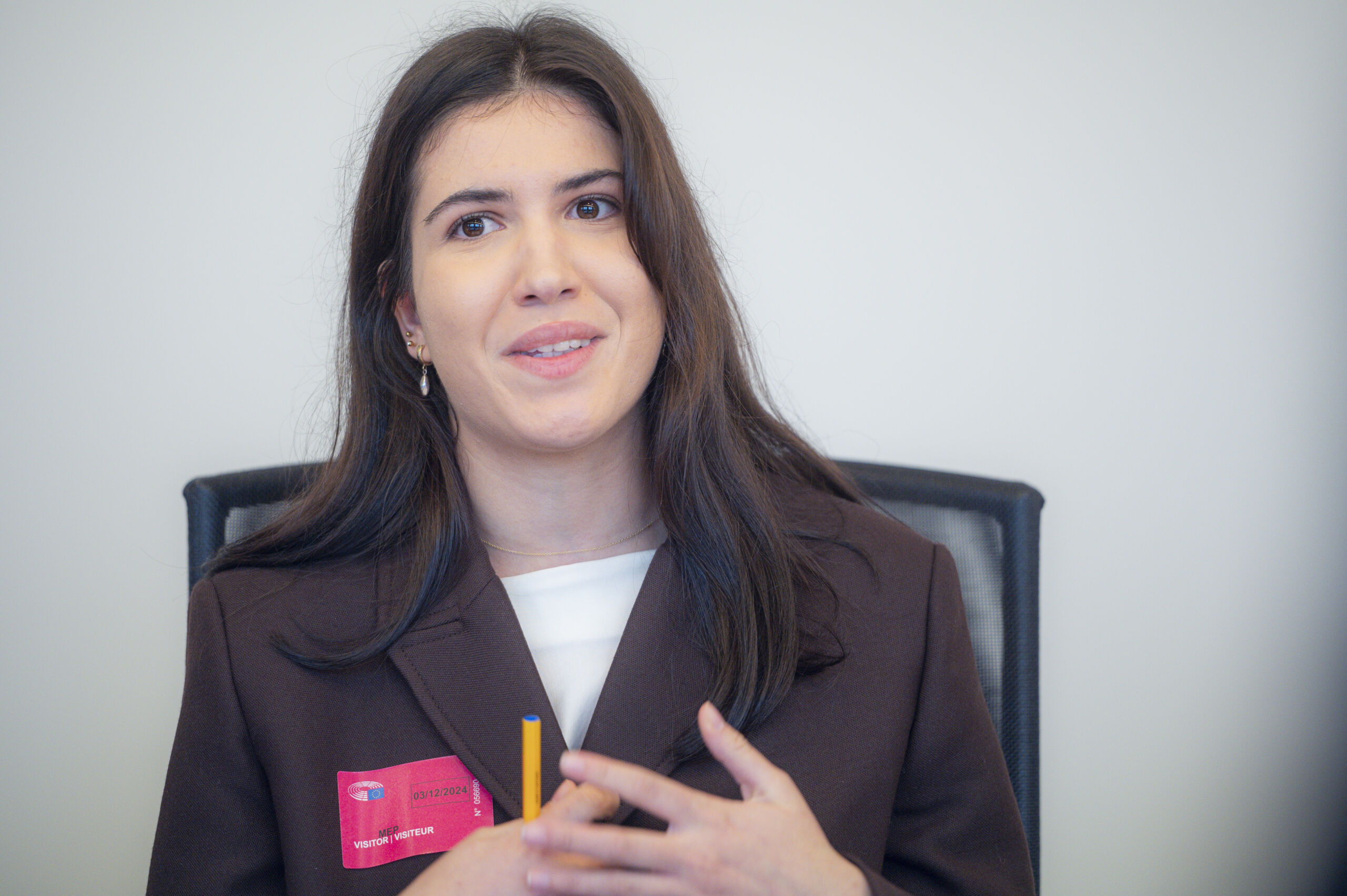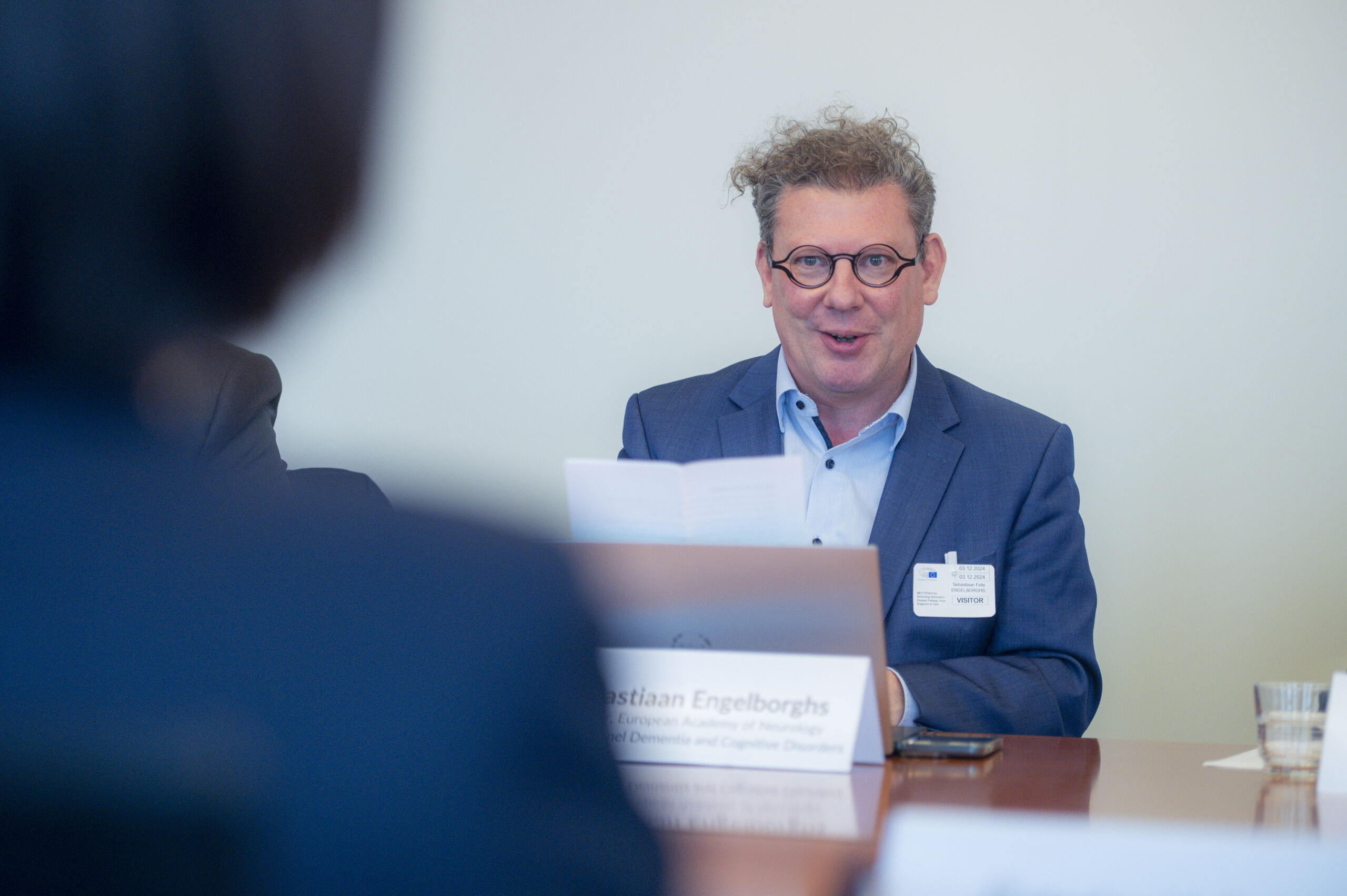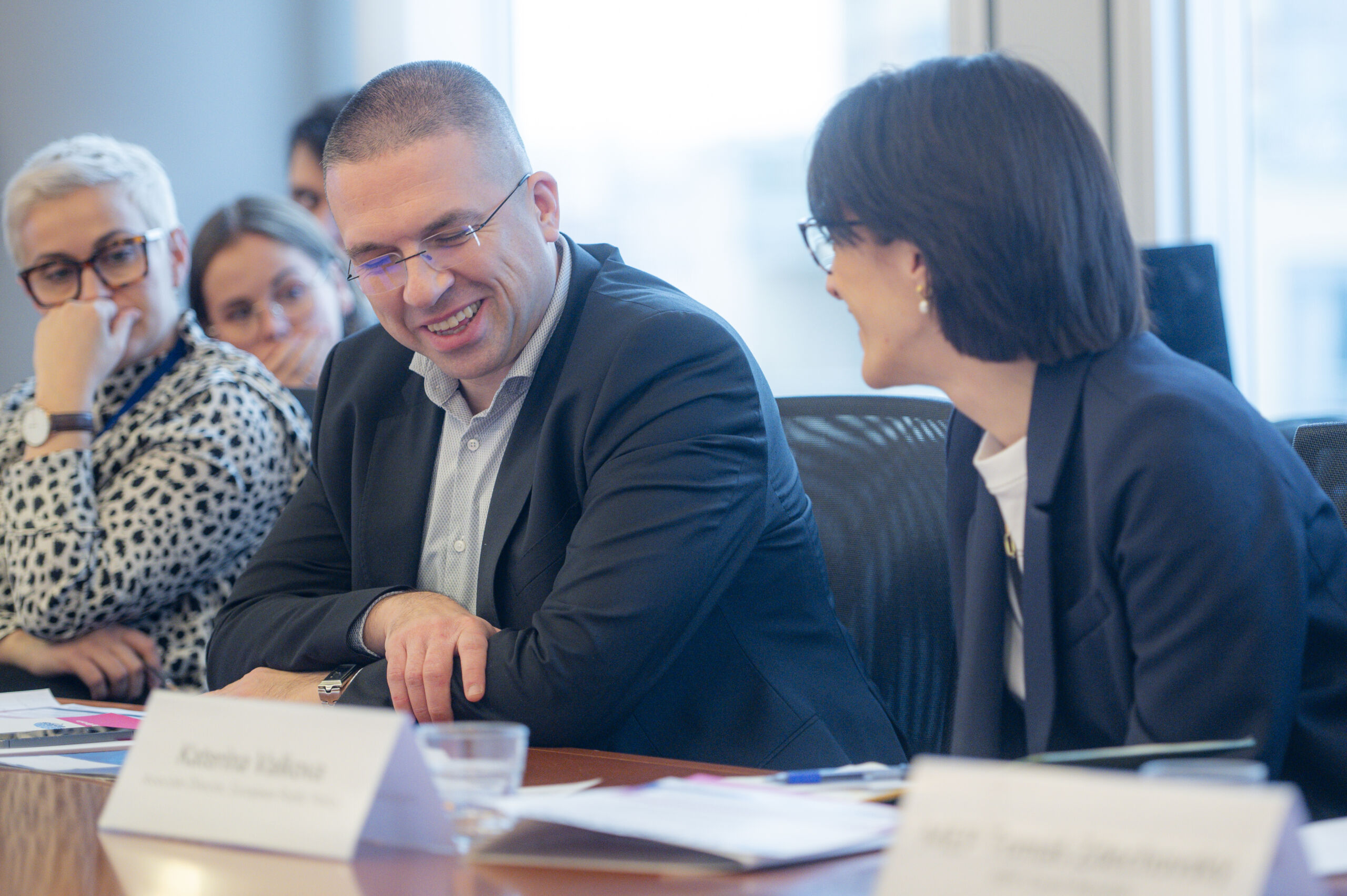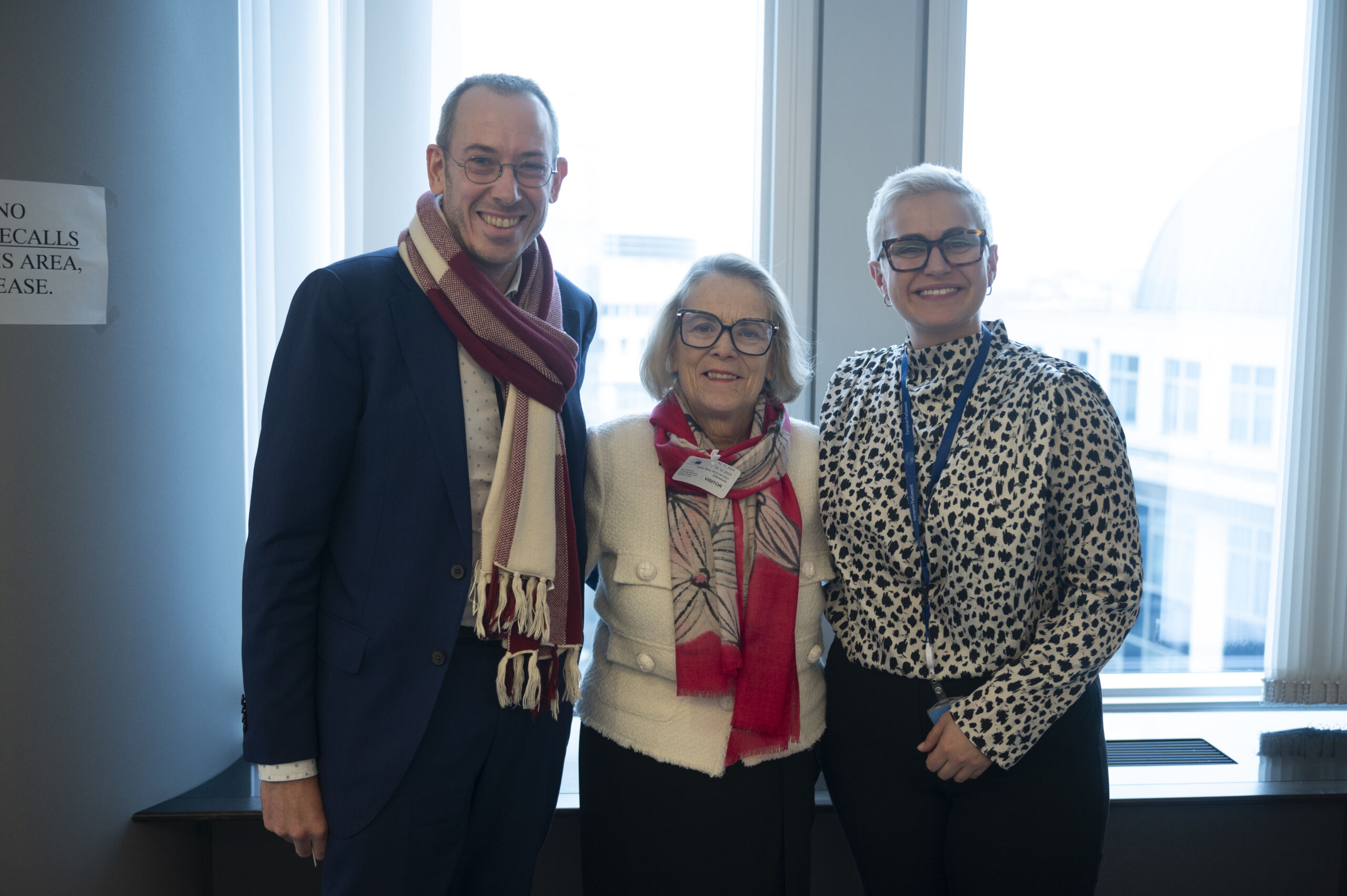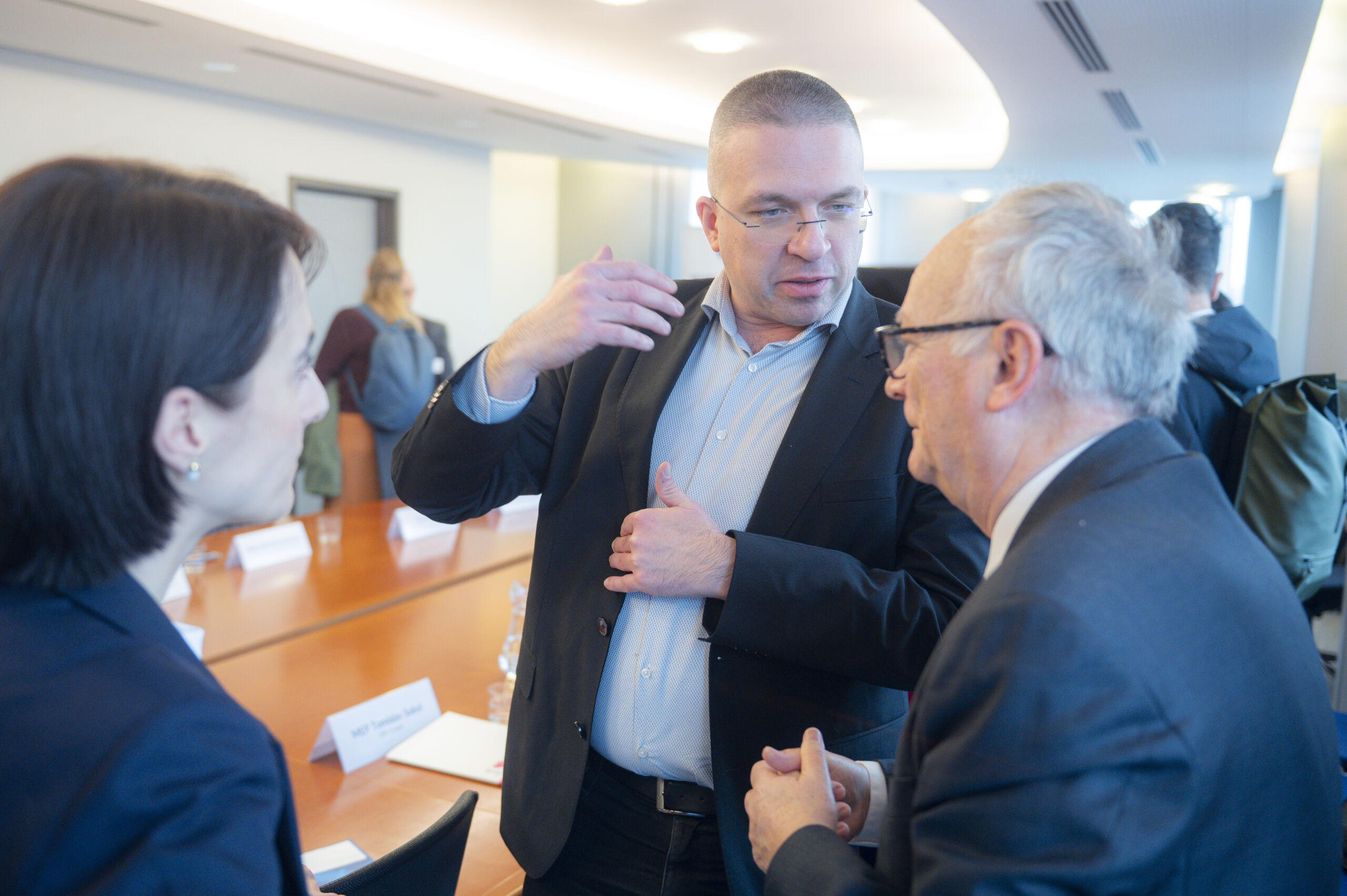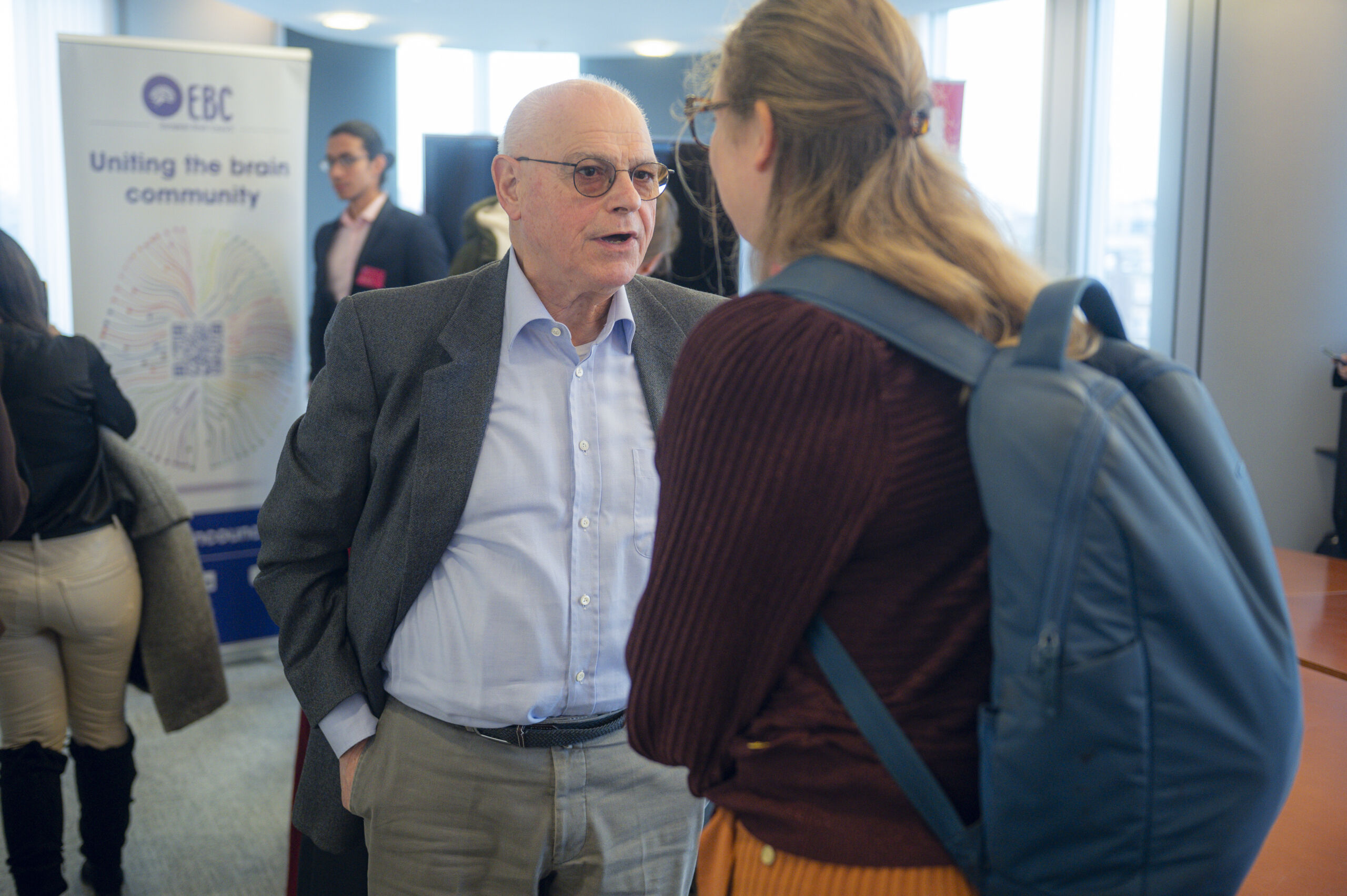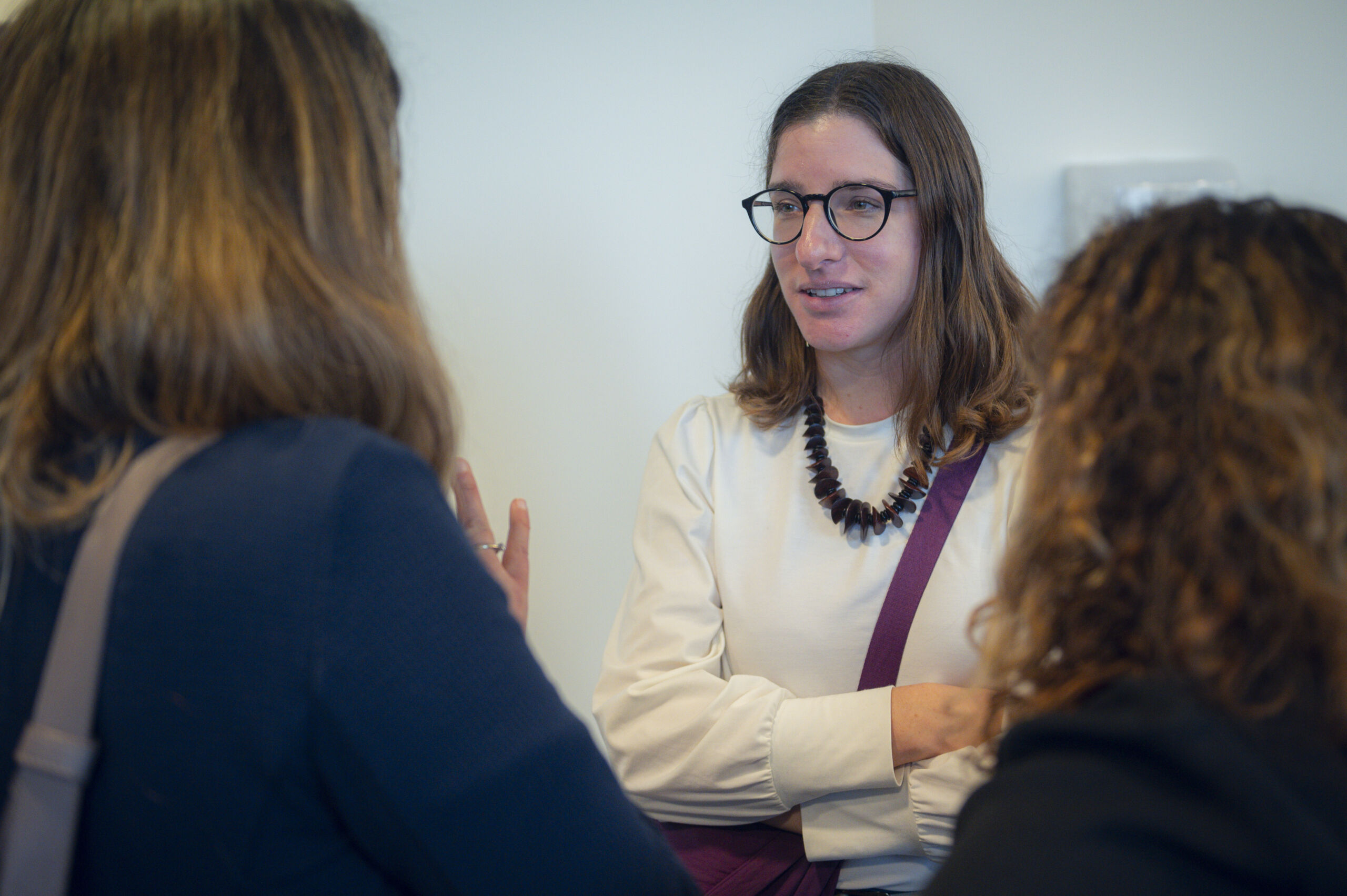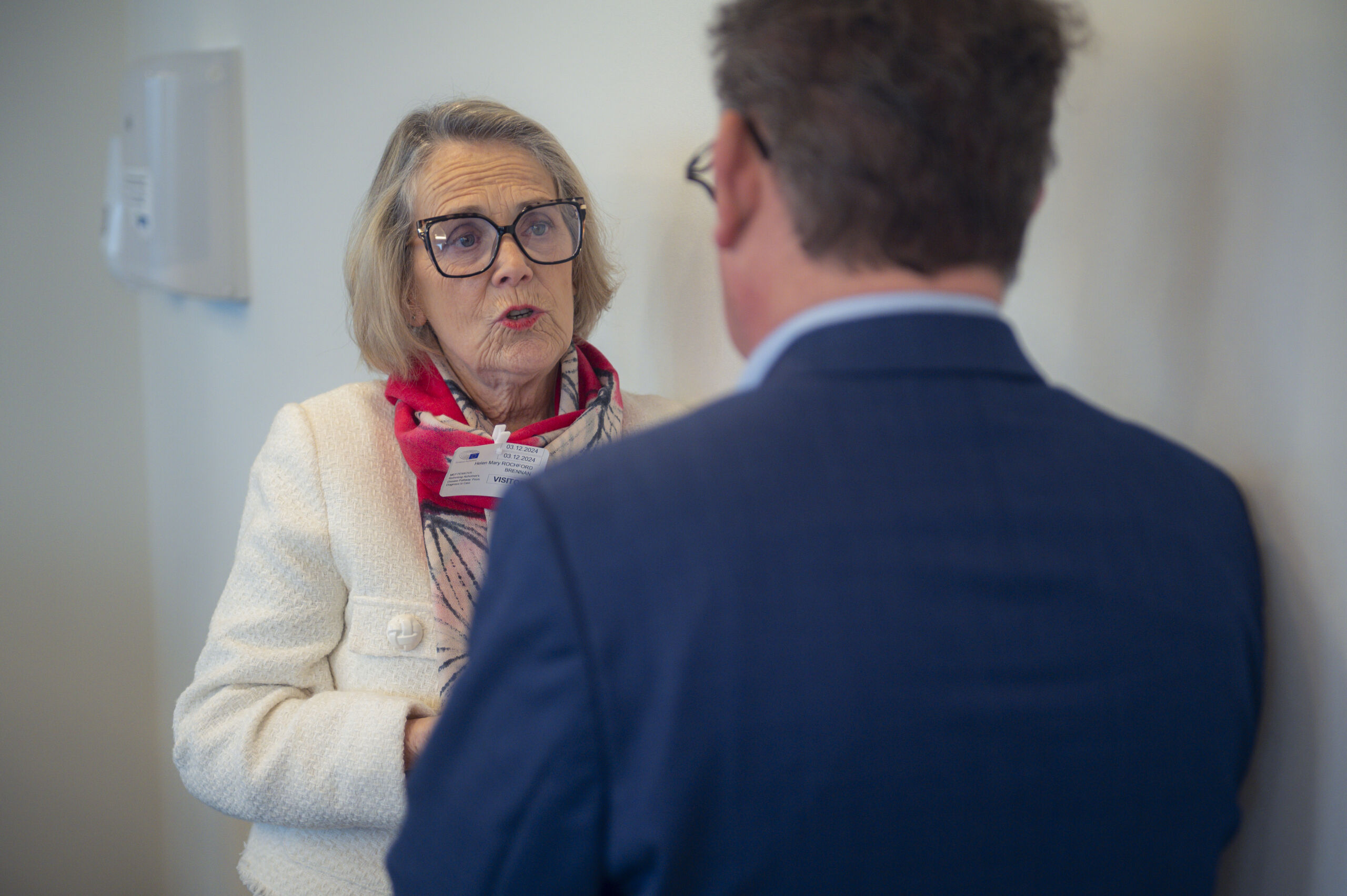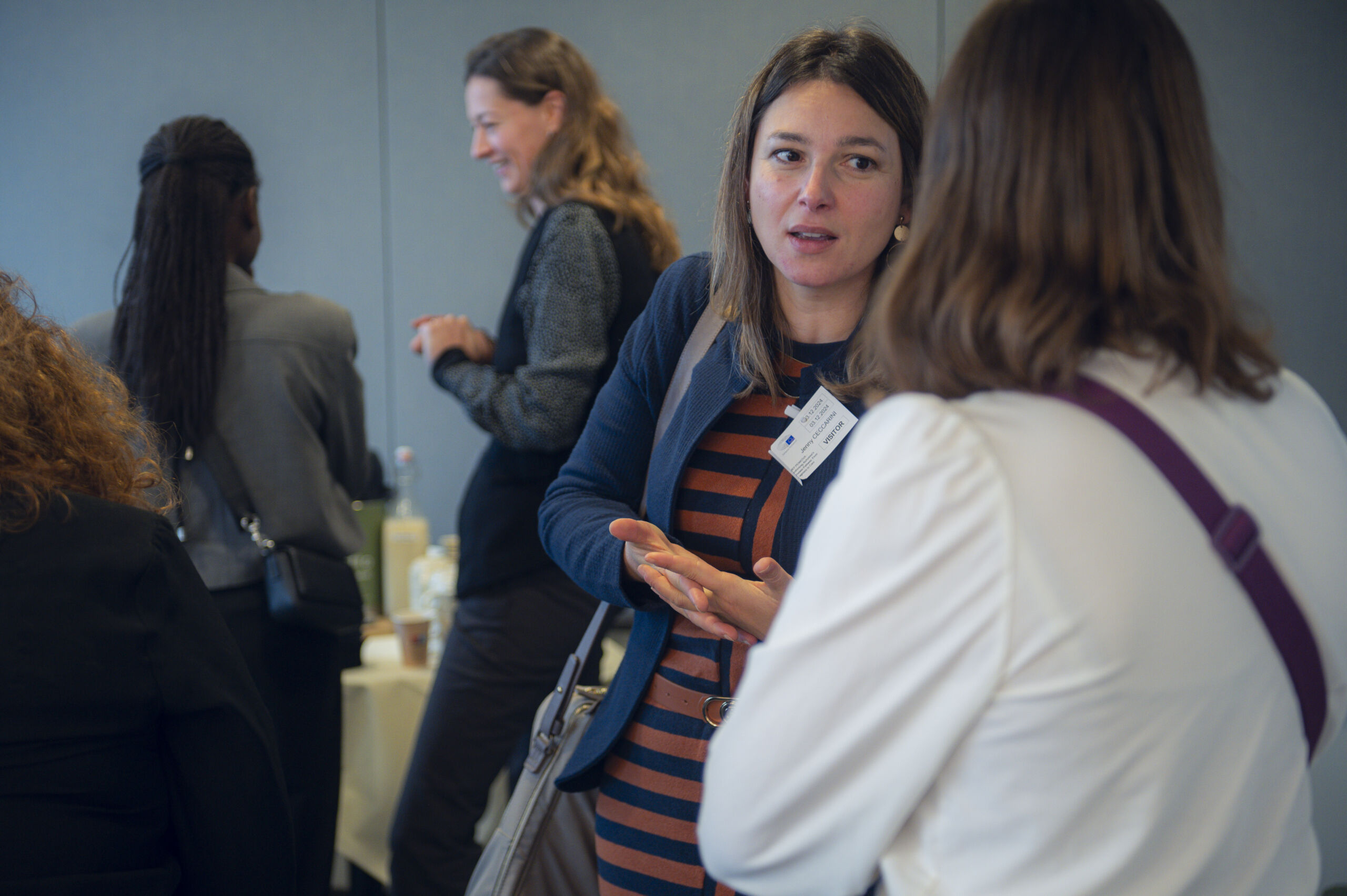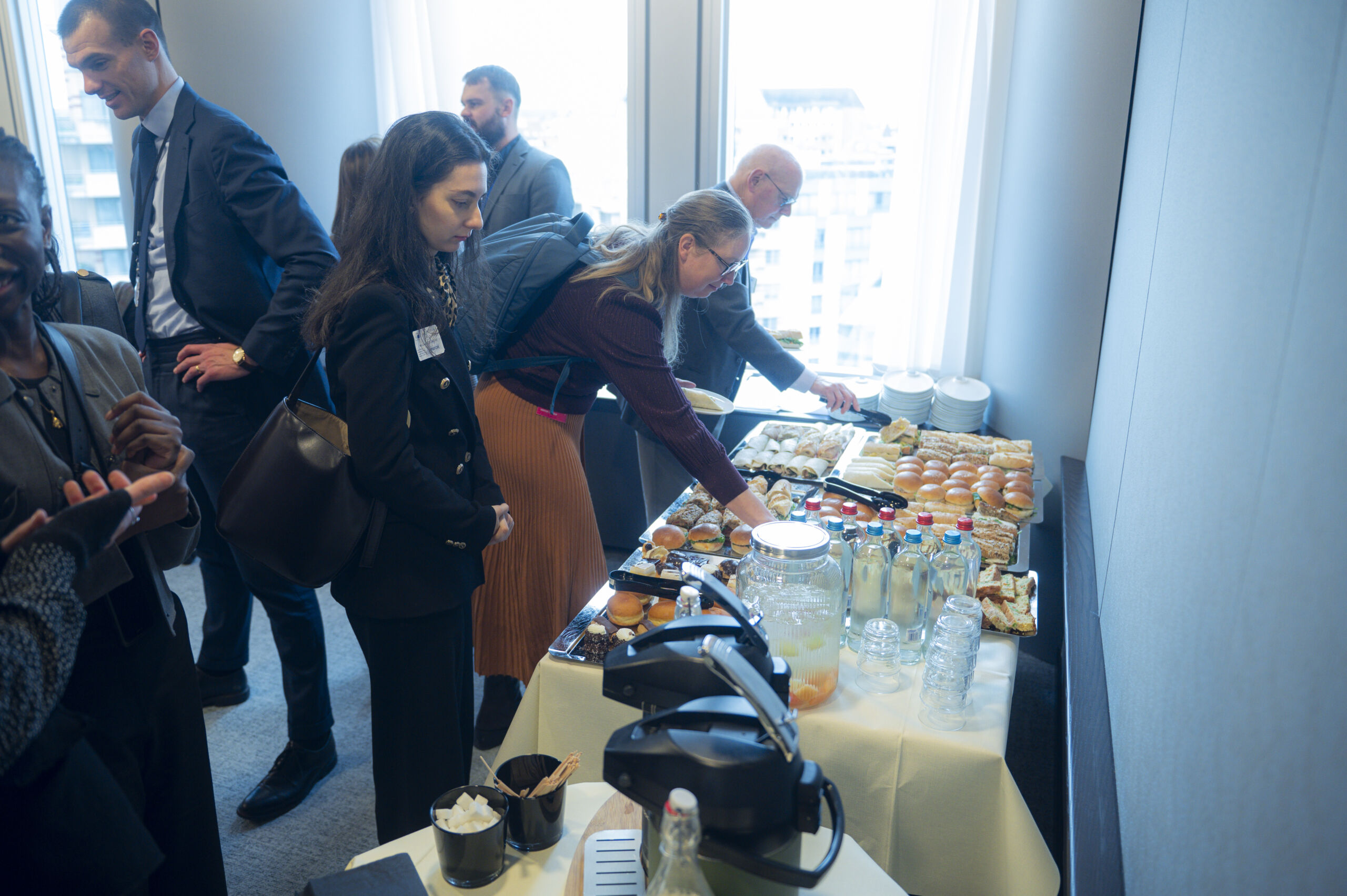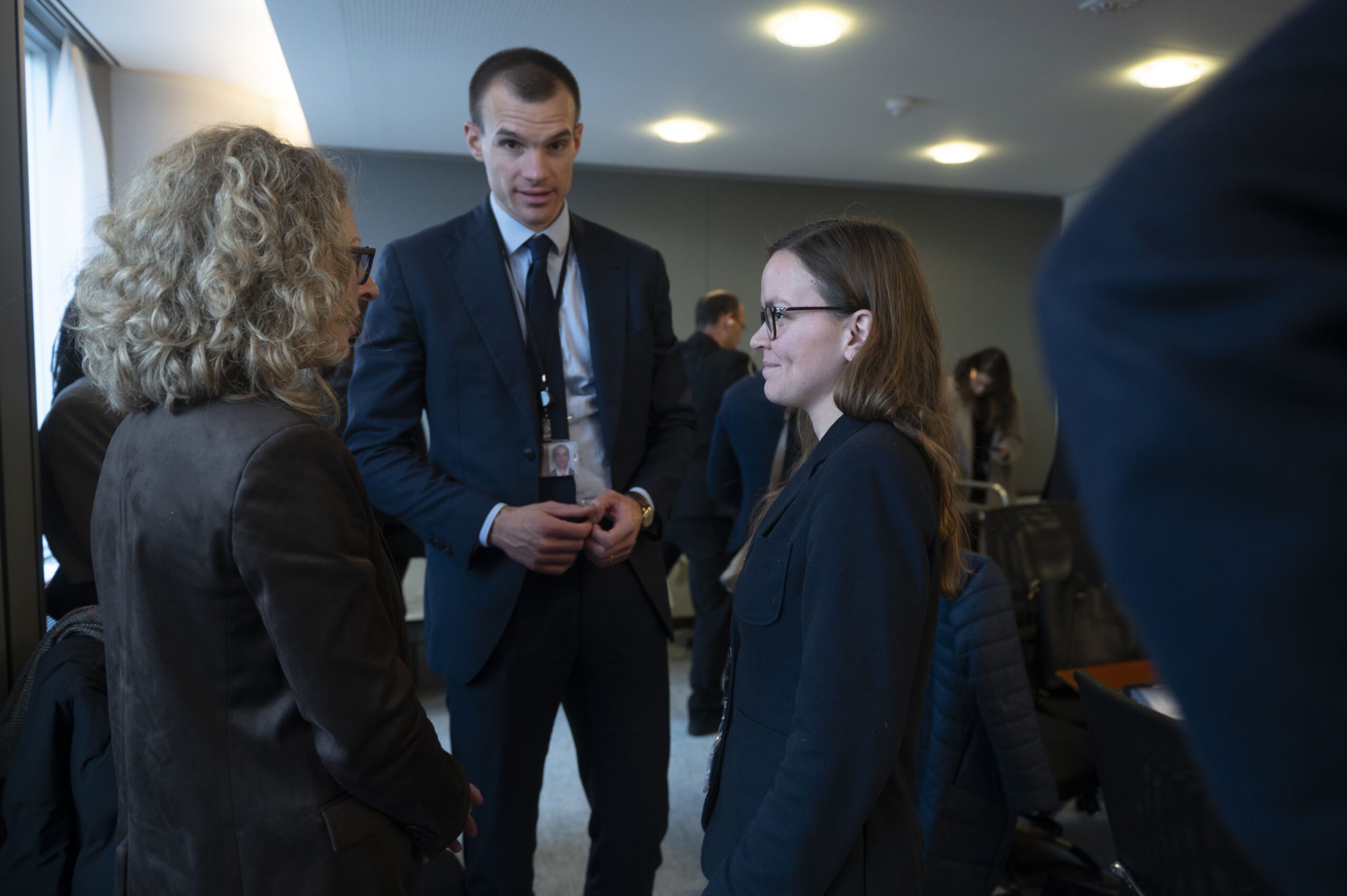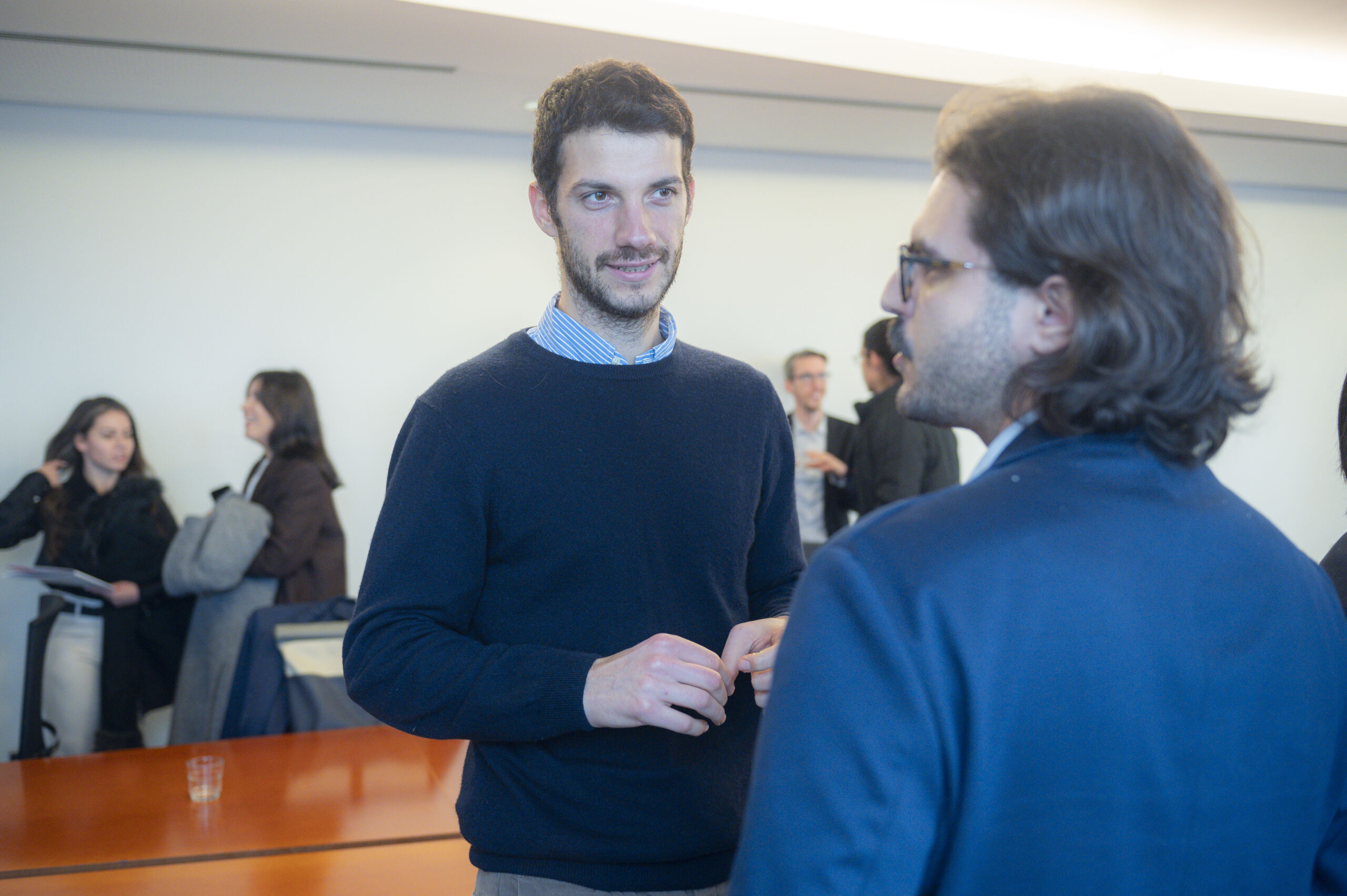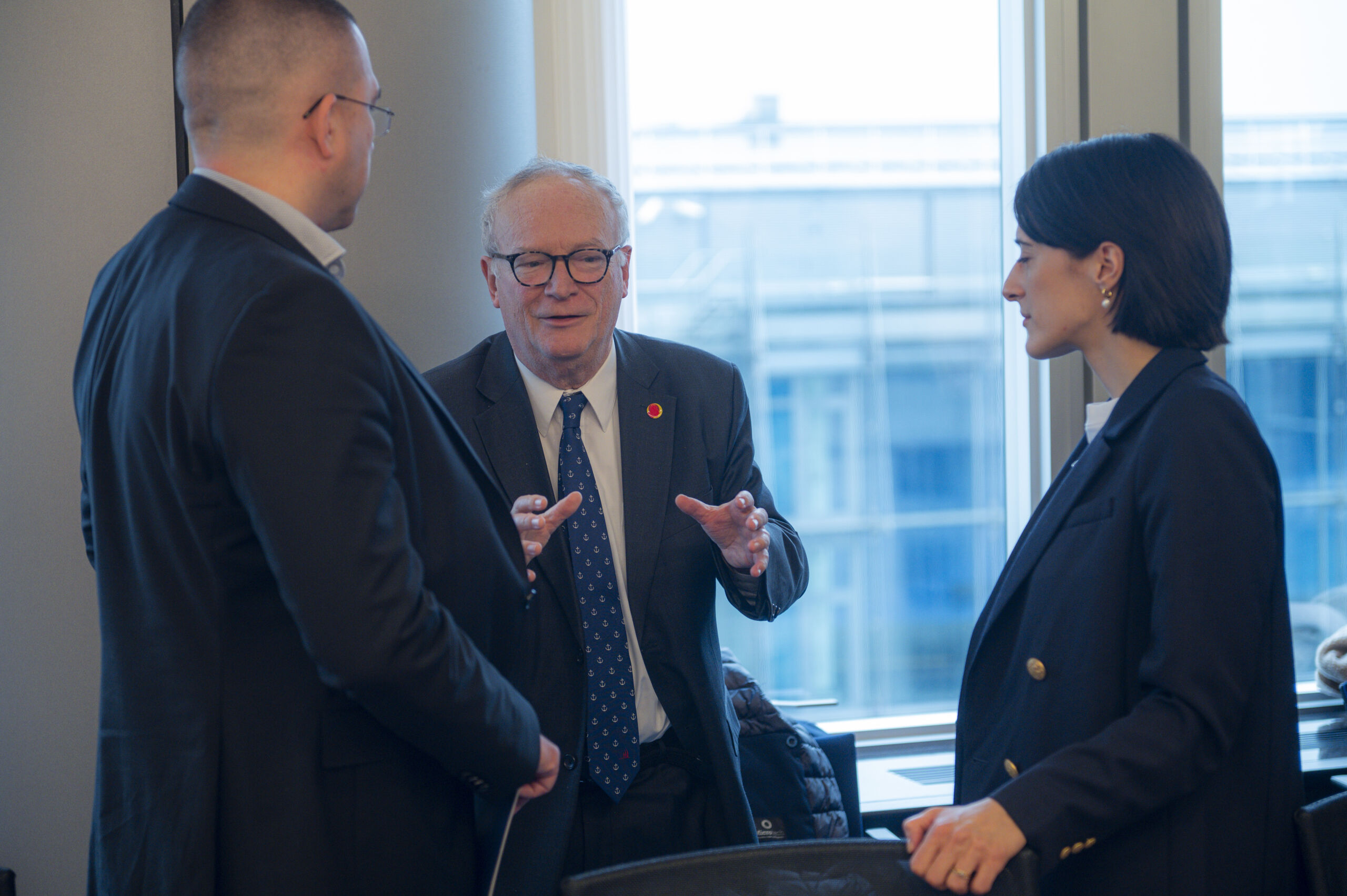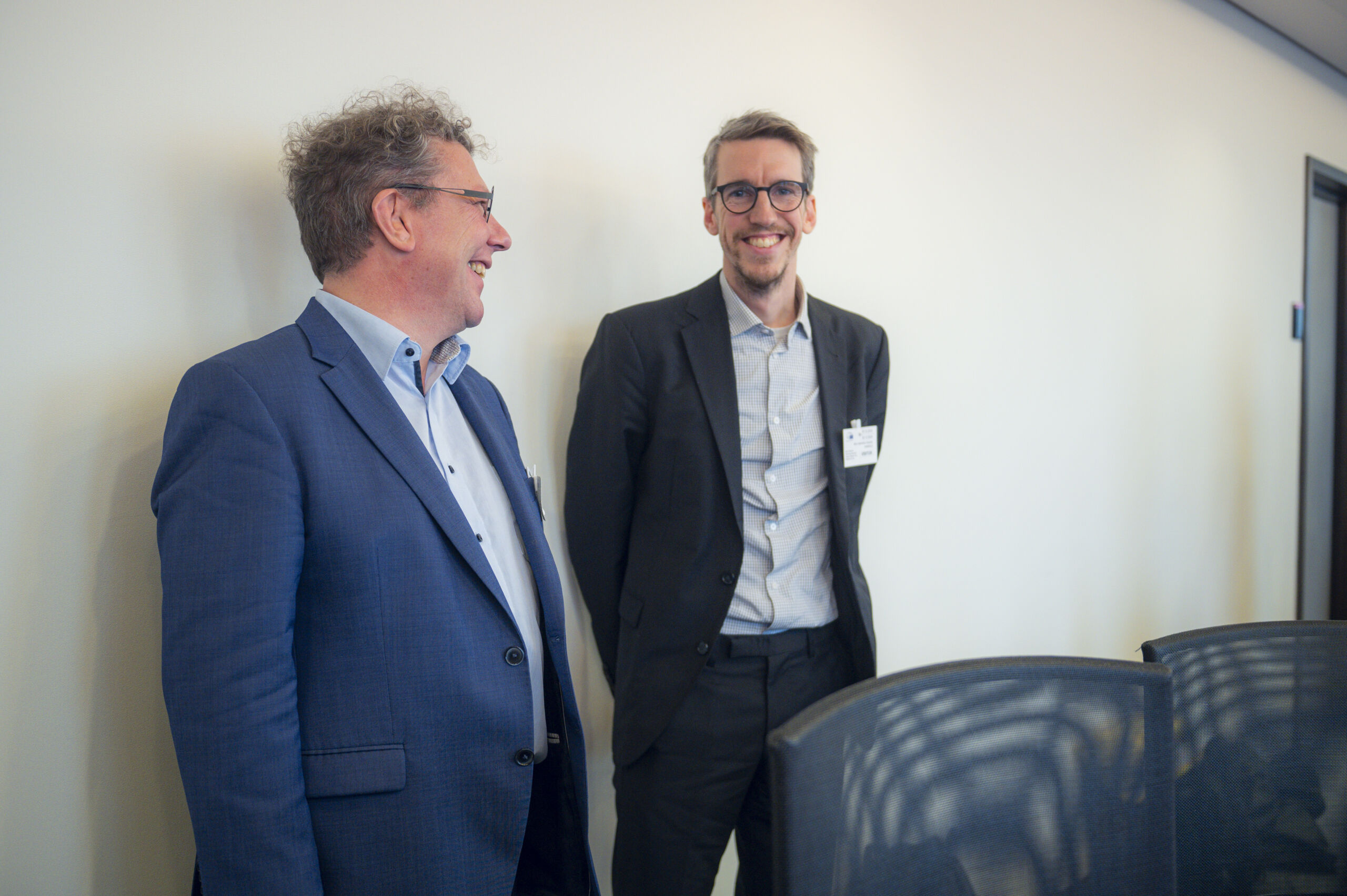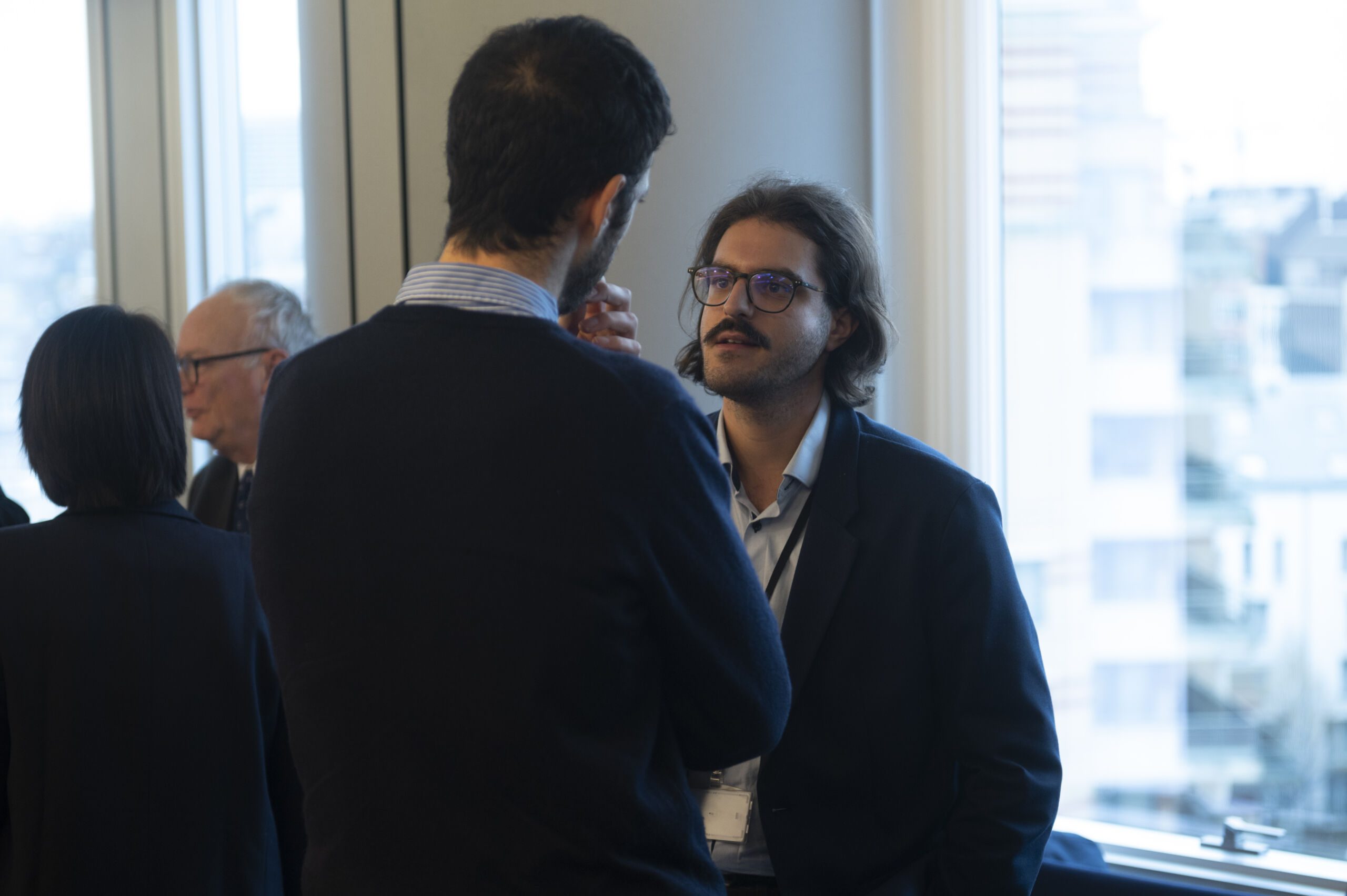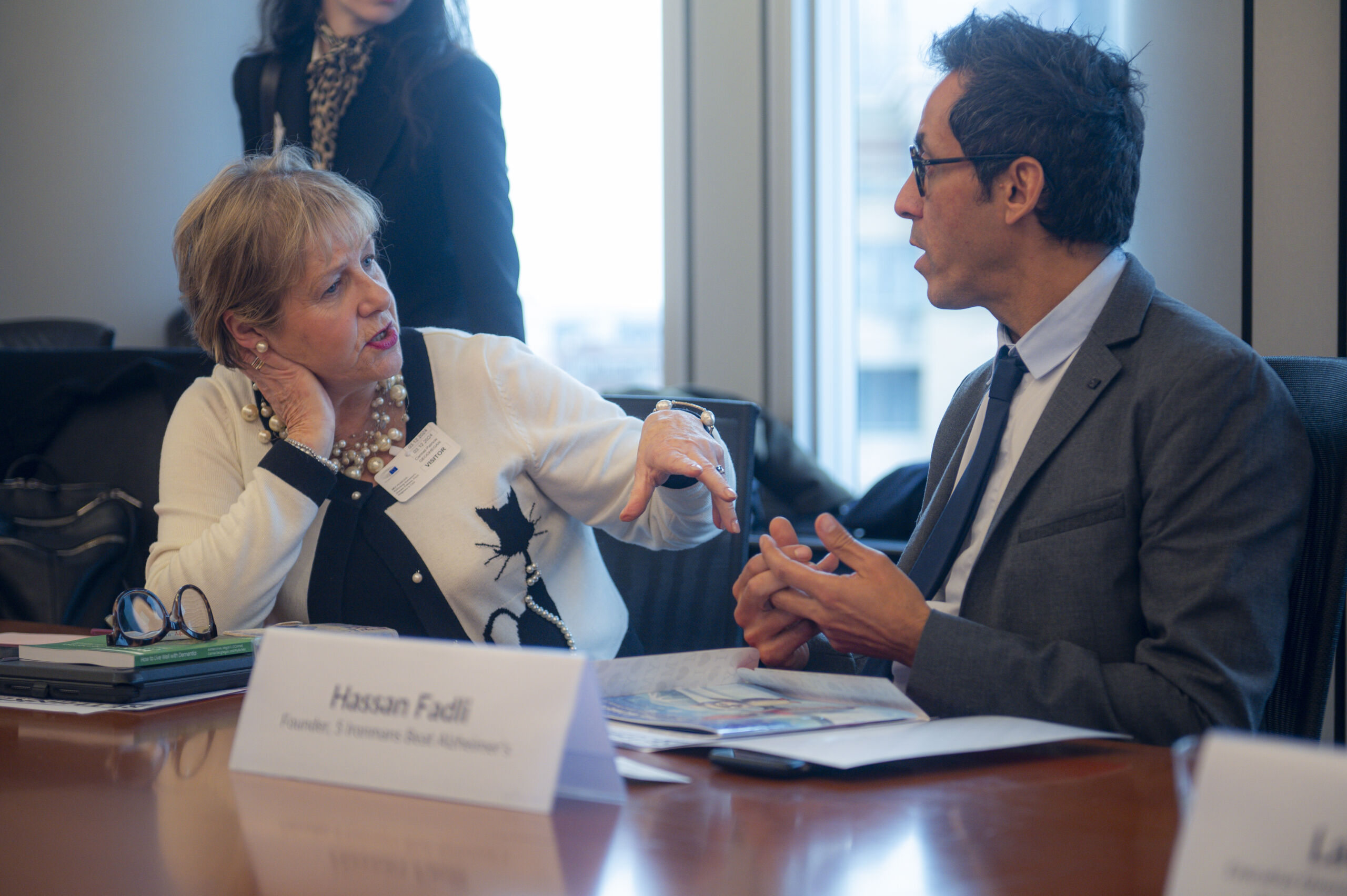We are at a historical crossroads in the management of Alzheimer’s disease, with new treatments becoming available in various countries. For the first time in history, science is delivering new, potentially disease-modifying treatments for devastating diseases such as Alzheimer’s disease. However, the current healthcare system and regulatory frameworks do not easily allow the implementation of such innovations, even for the subset of people living with Alzheimer’s who would be eligible.
A Perspective Paper, a collaborative effort between the European Federation of Pharmaceutical Industries and Associations (EFPIA) and the European Brain Council (EBC), has been launched in September 2024 on the occasion of World Alzheimer’s month. This Perspective Paper does not merely document the status quo but challenges it – and thereby motivates the reader to rethink how Alzheimer’s Disease is addressed. By offering a comprehensive review of current practices, identifying gaps and barriers, and proposing policy recommendations, this report seeks to reshape the Alzheimer’s disease healthcare pathway in ways that enhance outcomes and quality of life for all involved, and thereby reduce the impact on society.
In order to bring to life this ‘Rethinking Alzheimer’s’ Perspective Paper, EFPIA and EBC organised an event at the European Parliament on 3rd of December 2024. The aim of this event was to convene key stakeholders in the field of Alzheimer’s Disease and to rethink how we approach Alzheimer’s Disease treatment, care and management and shape the future of brain health in Europe.
The event kicked off with a warm welcome by host MEP Tsvetelina Penkova (S&D, Bulgaria), who emphasised the importance of such efforts and highlighted that much work is still necessary regarding the Alzheimer’s Disease diagnosis and care pathway. These efforts should not remain in the walls of the European Parliament, but also trickle down all the way to all EU member states. For this reason, MEP Penkova invited Kristiya Ivanova, a volunteer expert from the Alzheimer Bulgaria Association, to join and speak at this event.
Helen Rochford-Brennan, a patient advocate, shared her experience of living with Alzheimer’s Disease during her keynote speech titled ‘Embracing Life Amidst Alzheimer’s: Finding Purpose, Joy and Connection’. Helen is a Global Dementia Ambassador and vice-chair of the Irish Dementia Working Group, as well as a member of the European Working Group of People with Dementia. She guided us through her journey from the moment she was first diagnosed, how her family and friends reacted to the news, to how she now successfully copes and finds joy in each day, despite her diagnosis. Her keynote speech illuminated the journey of living with the disease: ‘For me, peace came when I stopped fighting the disease and learned how to live with it’.
A brief presentation on the key takeaways of the Perspective Paper by Frédéric Destrebecq, EBC Executive Director, then followed. Dementia costs global economies 1.2 trillion euros in 2019 – with 50% of this considerable sum attributed to informal caregiving. These numbers indicate that change is urgent, as early and effective treatments could help reduce these costs and alleviate burdens on families and caregivers. Key priorities include well-defined post-diagnostic pathways, funding, timely access to treatments, and high-quality care – prompting the need for a shift from late-stage care to early-stage active treatment and management. Society must rethink its approach to Alzheimer’s Disease, ensuring scientific progress translates into improved lives for patients and families.
Keeping these key priorities in mind, an Expert Panel Discussion brought to light the perspective of patient, caregiver, researchers and neurologists on how Alzheimer’s affects everyone involved, at a personal and societal level. The experts shared examples of successful support systems and impactful interventions. Moderated by Laura Campo, Executive Director International Corporate Affairs at Eli Lilly and Company, this panel included:
- Ron Handels, Assistant Professor, Alzheimer Centre Limburg Maastricht University
- Argonde van Harten, Medical Specialist in Neurodegeneration, Amsterdam UMC
- Hassan Fadli, Founder of 5 Ironmans Beat Alzheimer’s Initiative
- Helen Rochford-Brennan, Vice Chair, Irish Dementia Working Group
Next, the policy panel provided insights from policymakers, a neurologist and a patient representative on the need to prioritise holistic care and integrating therapies to Alzheimer’s Disease. Moderated by Katerina Valkova, Associate Director European Public Policy at Bristol Myers Squibb, this Policy Panel included:
- MEP Tomislav Sokol (EPP, Croatia)
- MEP Tomáš Zdechovský (EPP, Czech Republic)
- MEP Maria Walsh (EPP, Ireland)
- Sebastiaan Engelborghs, Full professor of neurology and neurosciences at Vrije Universiteit Brussel
- Kristiya Ivanova, Volunteer Expert, Alzheimer Bulgaria Association
Prof. Sebastiaan Engelborghs highlights a significant disparity in funding between dementia care and research, noting that expenditures on dementia care often exceed those for research by more than four times. This imbalance is astounding and further emphasises the economic impact and burden of dementia on society. When compared to other diseases such as cancer, dementia research receives disproportionately less funding relative to its societal impact. Despite its growing prevalence and cost to society, dementia is not receiving the attention it so urgently needs. MEP Tomislav Sokol outlined the scope and limitations that Members of the European Parliament (MEP) can have. For instance, while MEPs cannot directly implement healthcare laws in individual member states, they can advocate for expedited market access for certain pharmaceuticals. This insight is particularly relevant for rapidly developing dementia treatments, highlighting the need for ongoing efforts to improve patient access to innovative therapies.
The successful event concluded with an interactive networking lunch, connecting speakers and attendees in the room. Discussions across sectors are critical in order to keep Alzheimer’s Disease high on the policy agenda. By facilitating the interaction between key stakeholders, scientists, and society as a whole this event in the European Parliament added immensurable value to the Rethinking Alzheimer’s disease project.
All Photographs were taken by Sylvain Crasset, more pictures can be found here!



